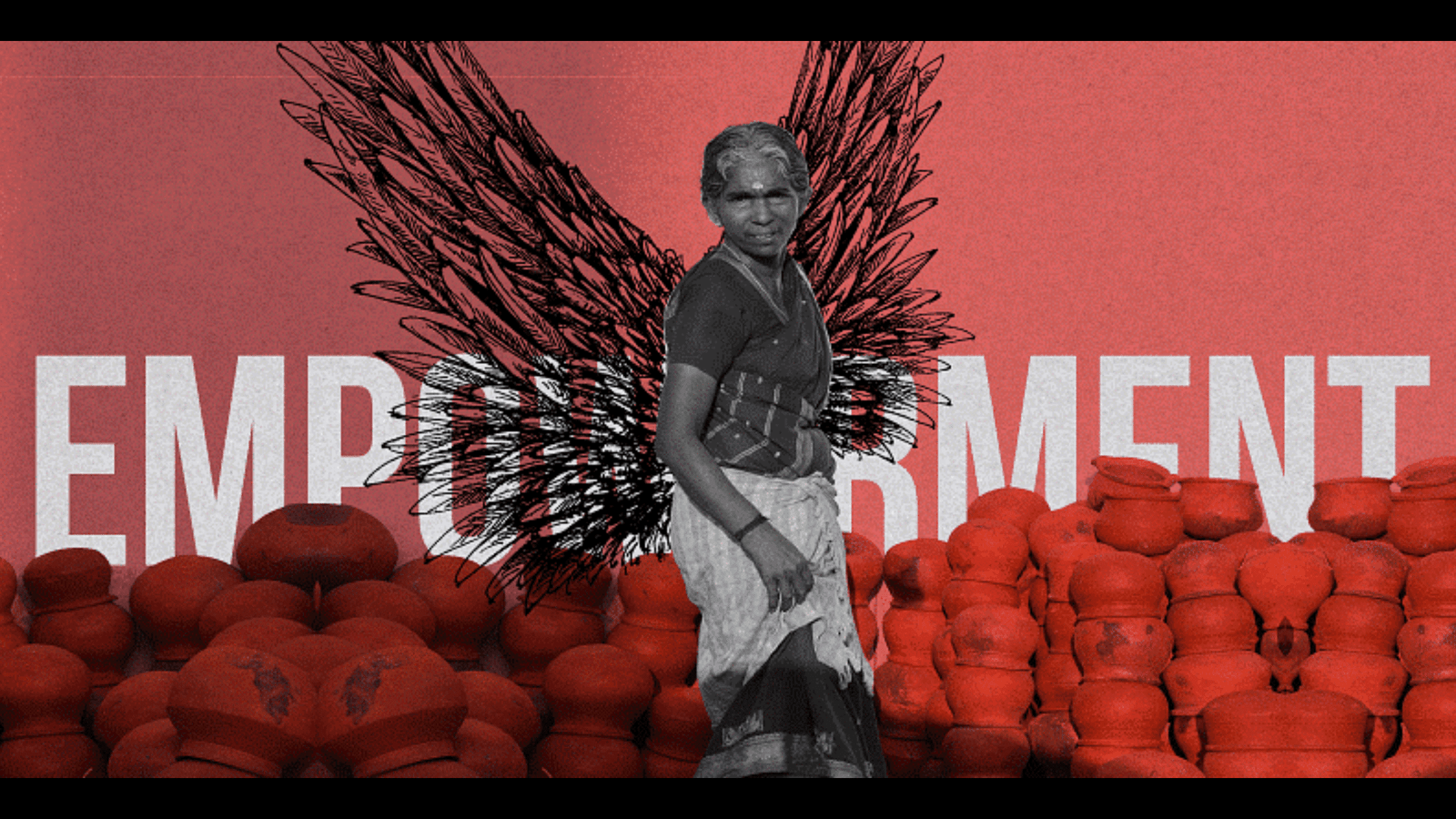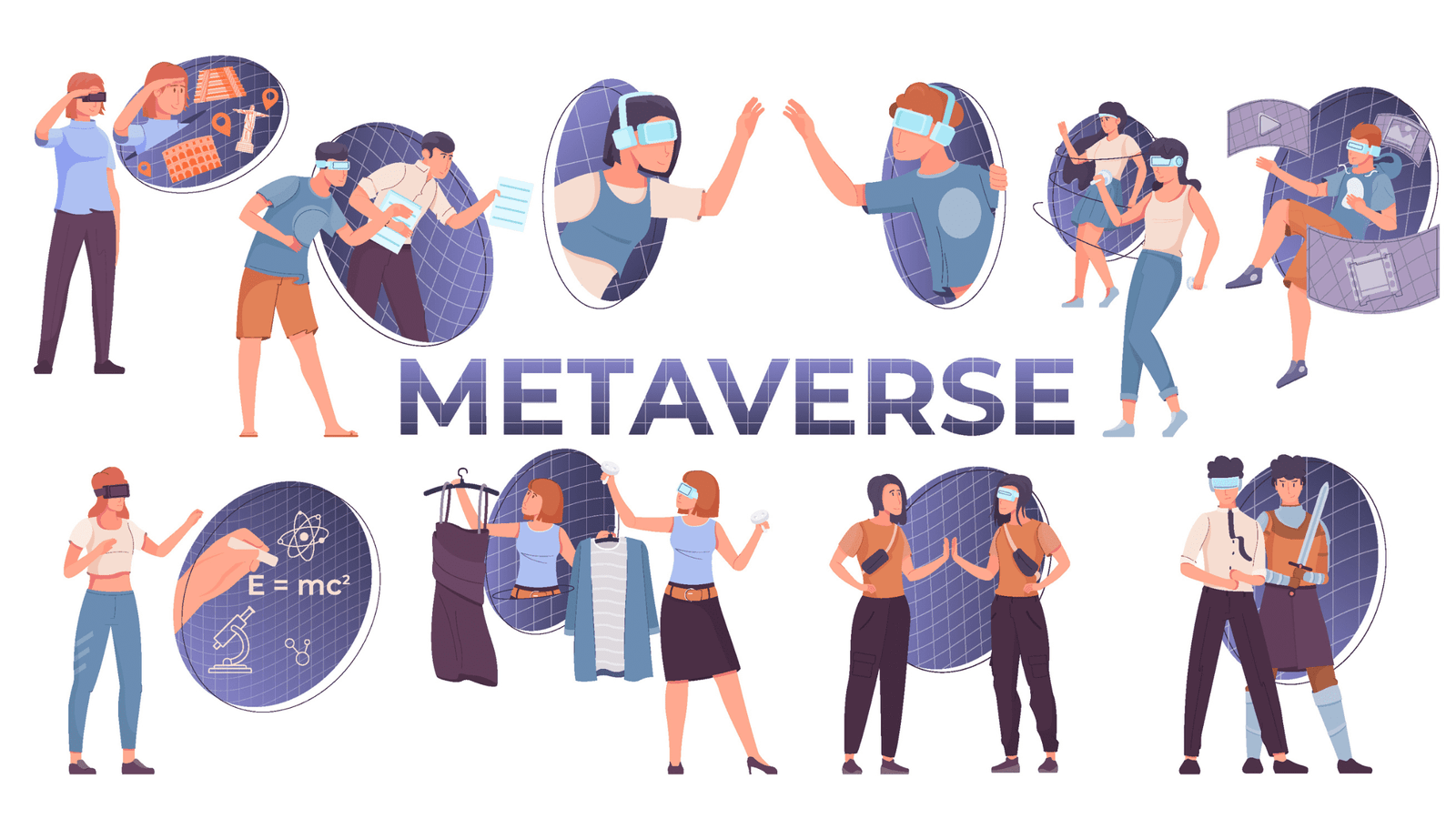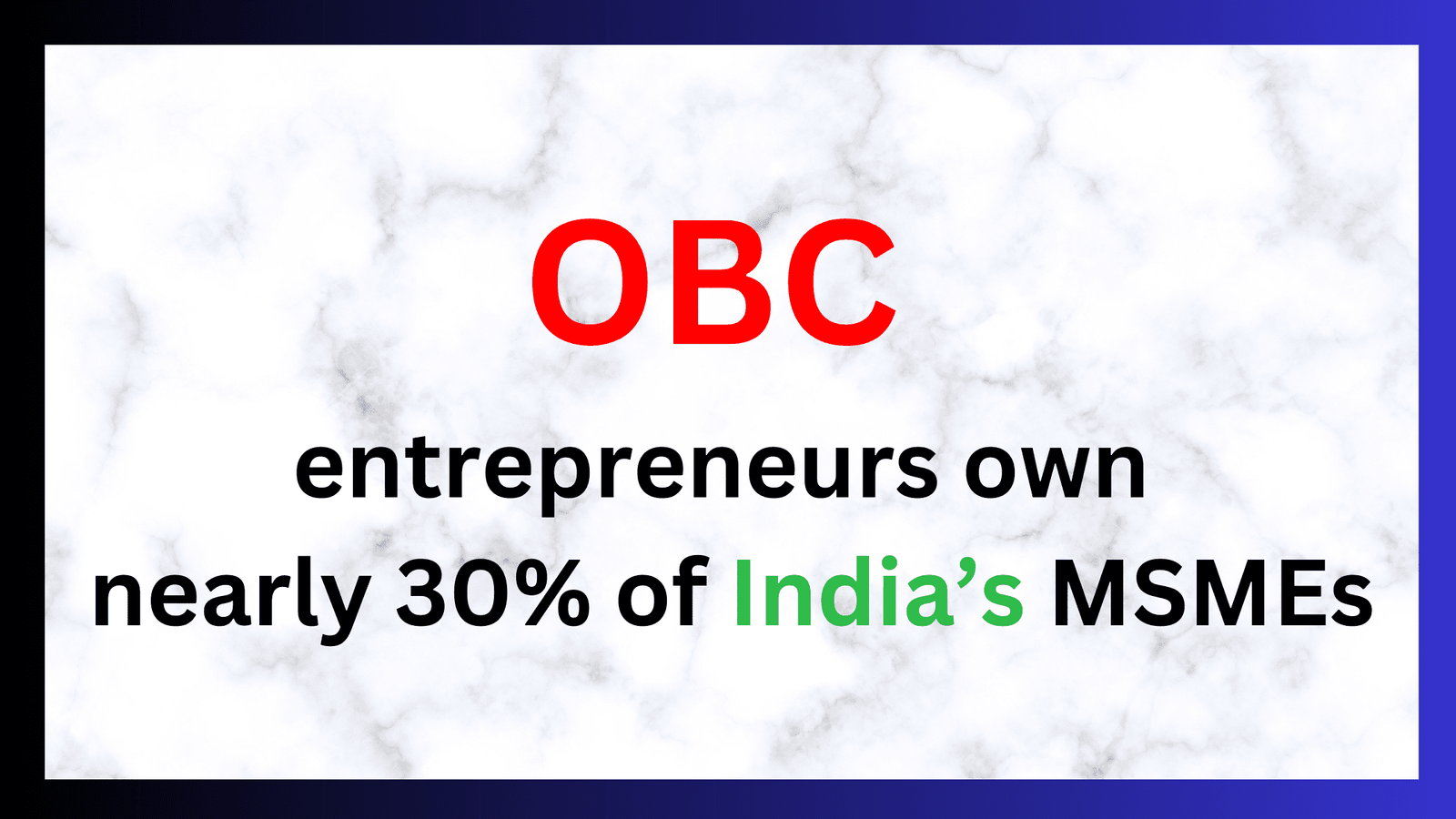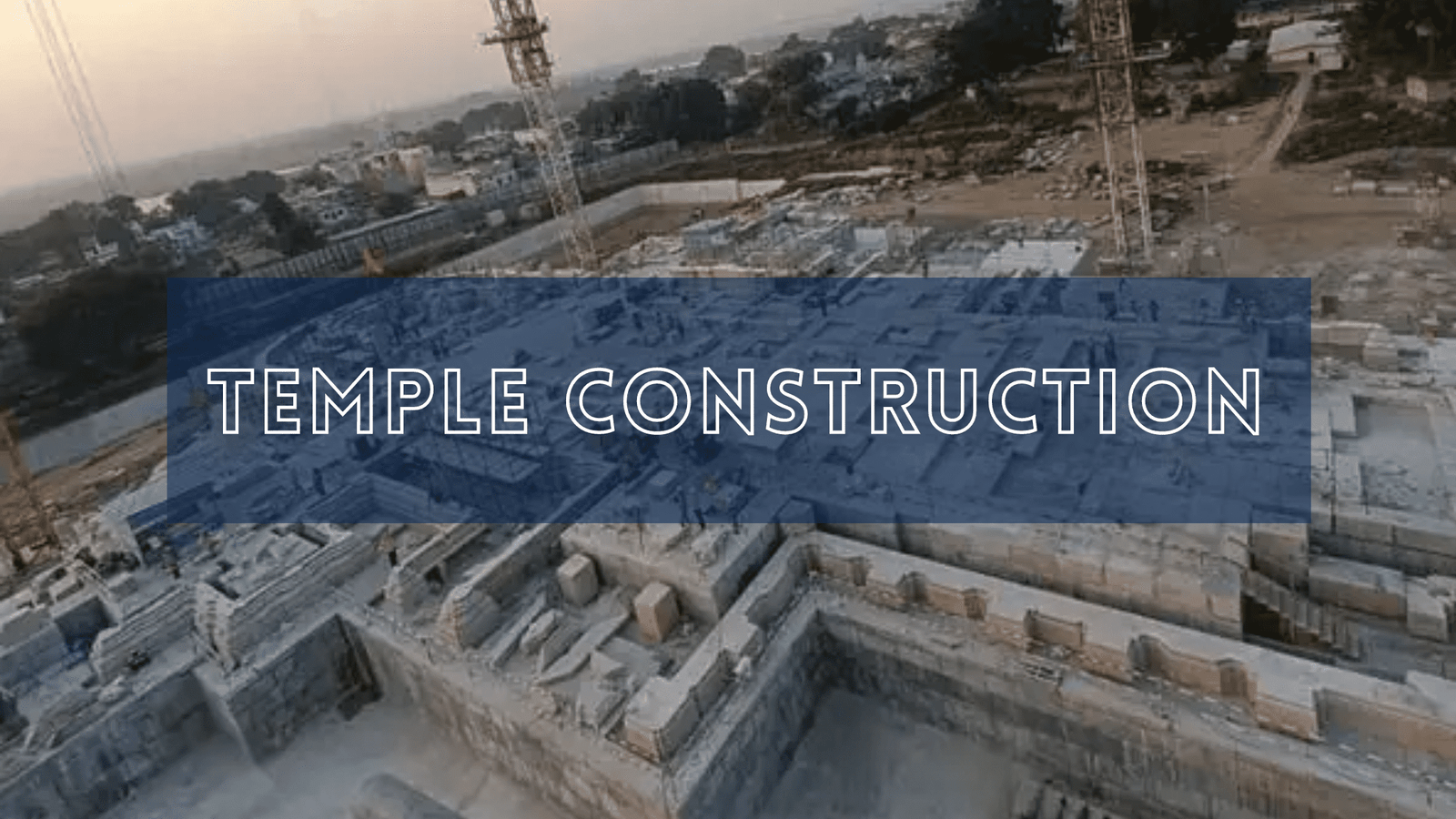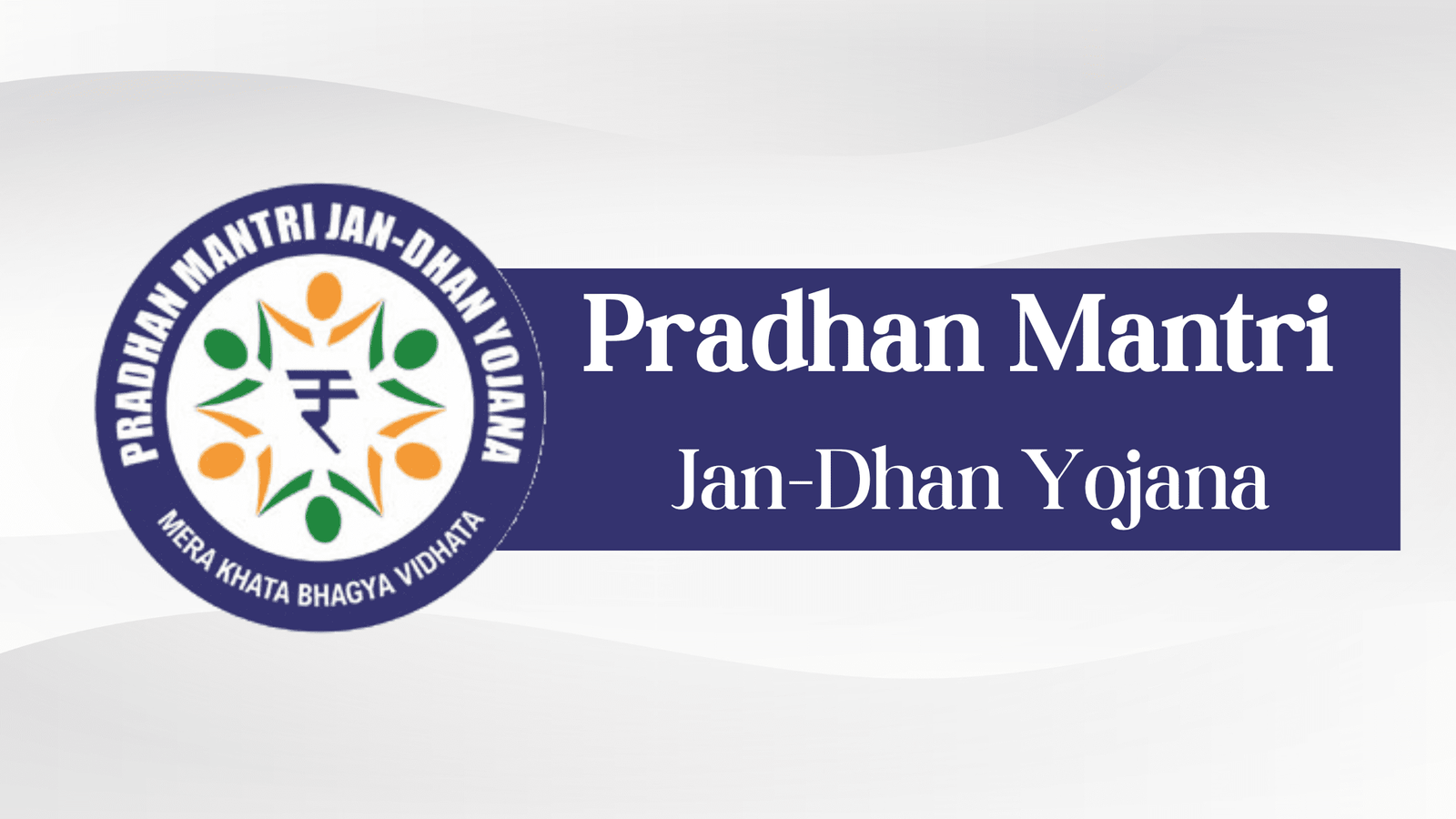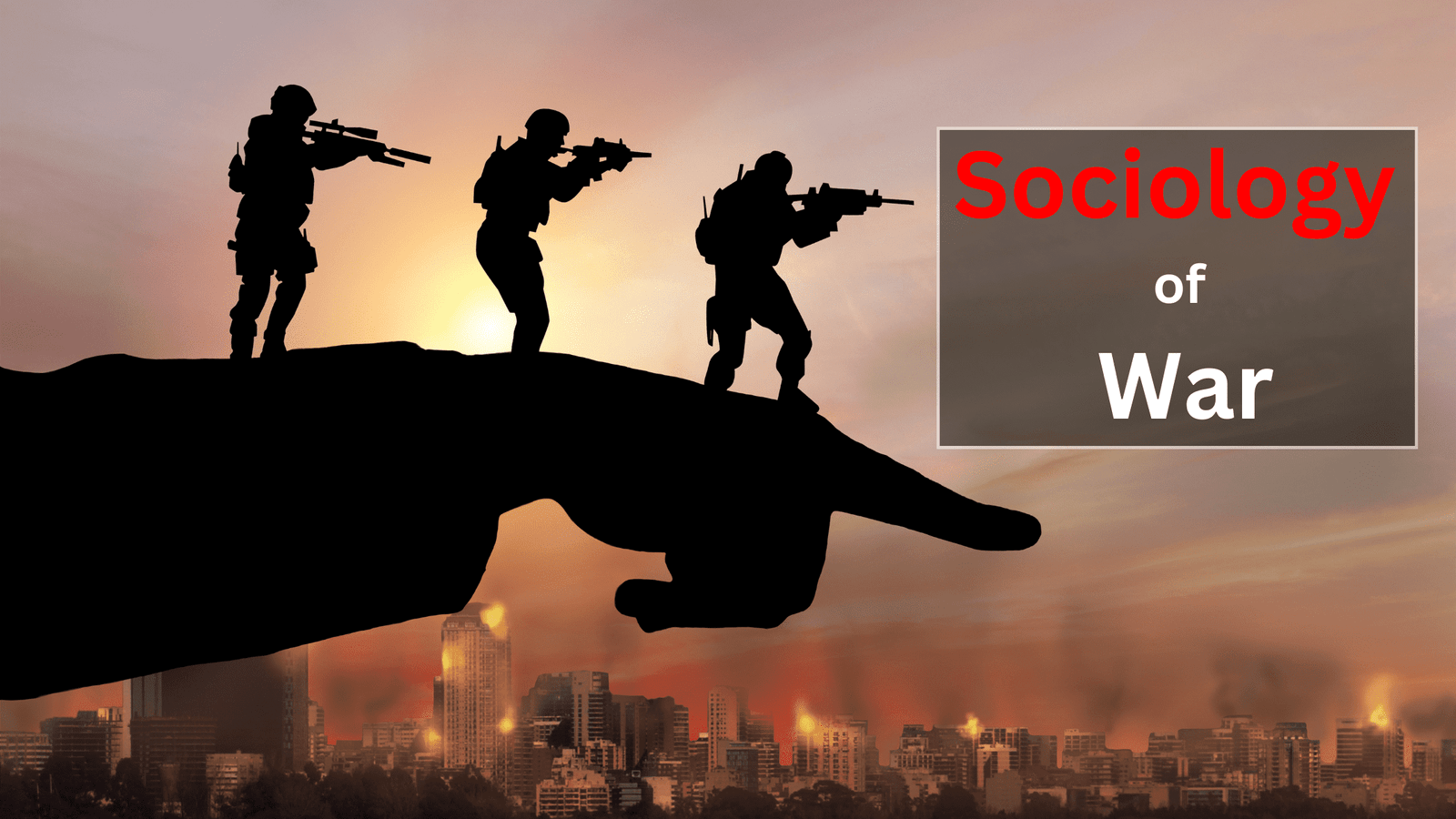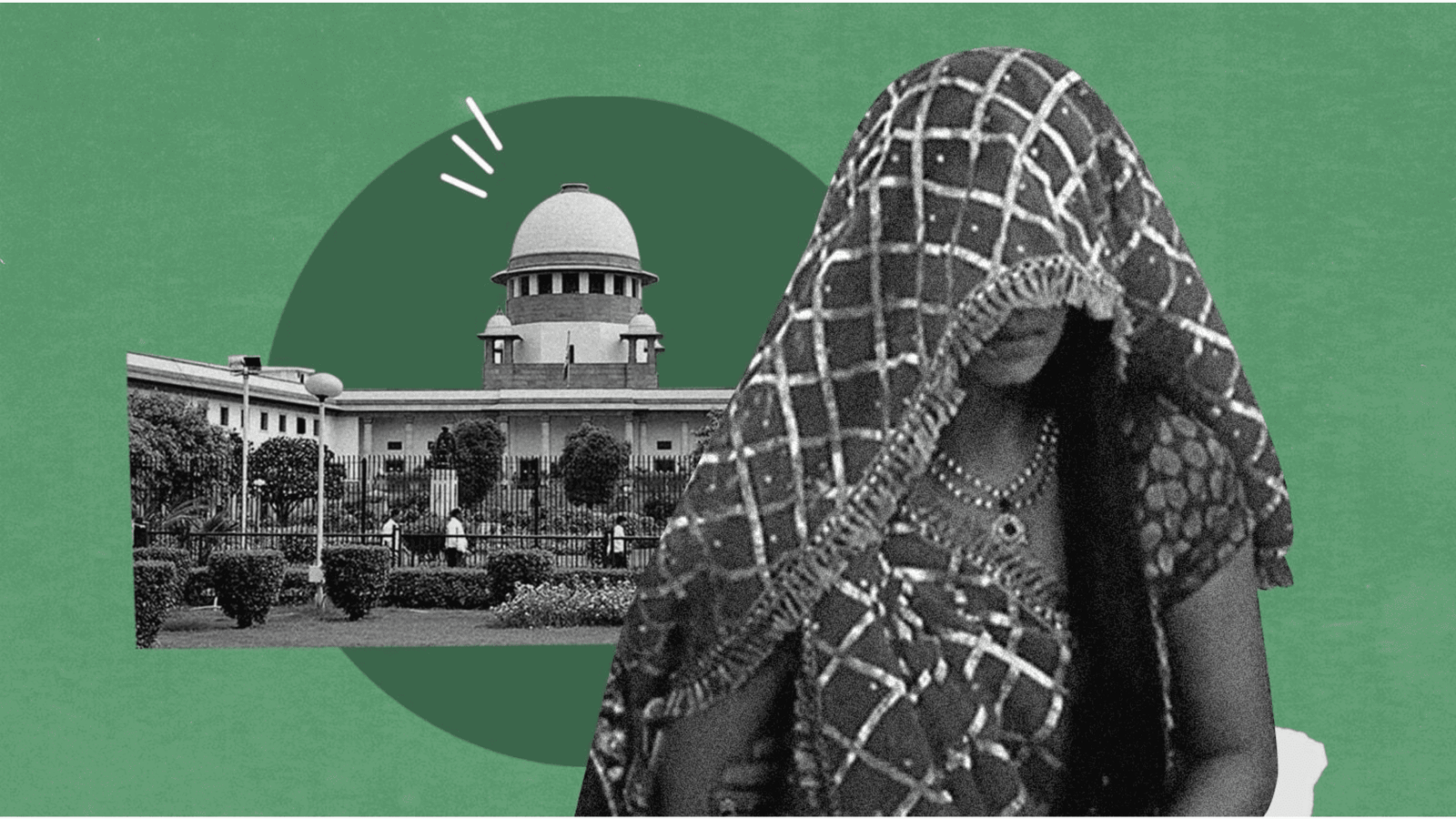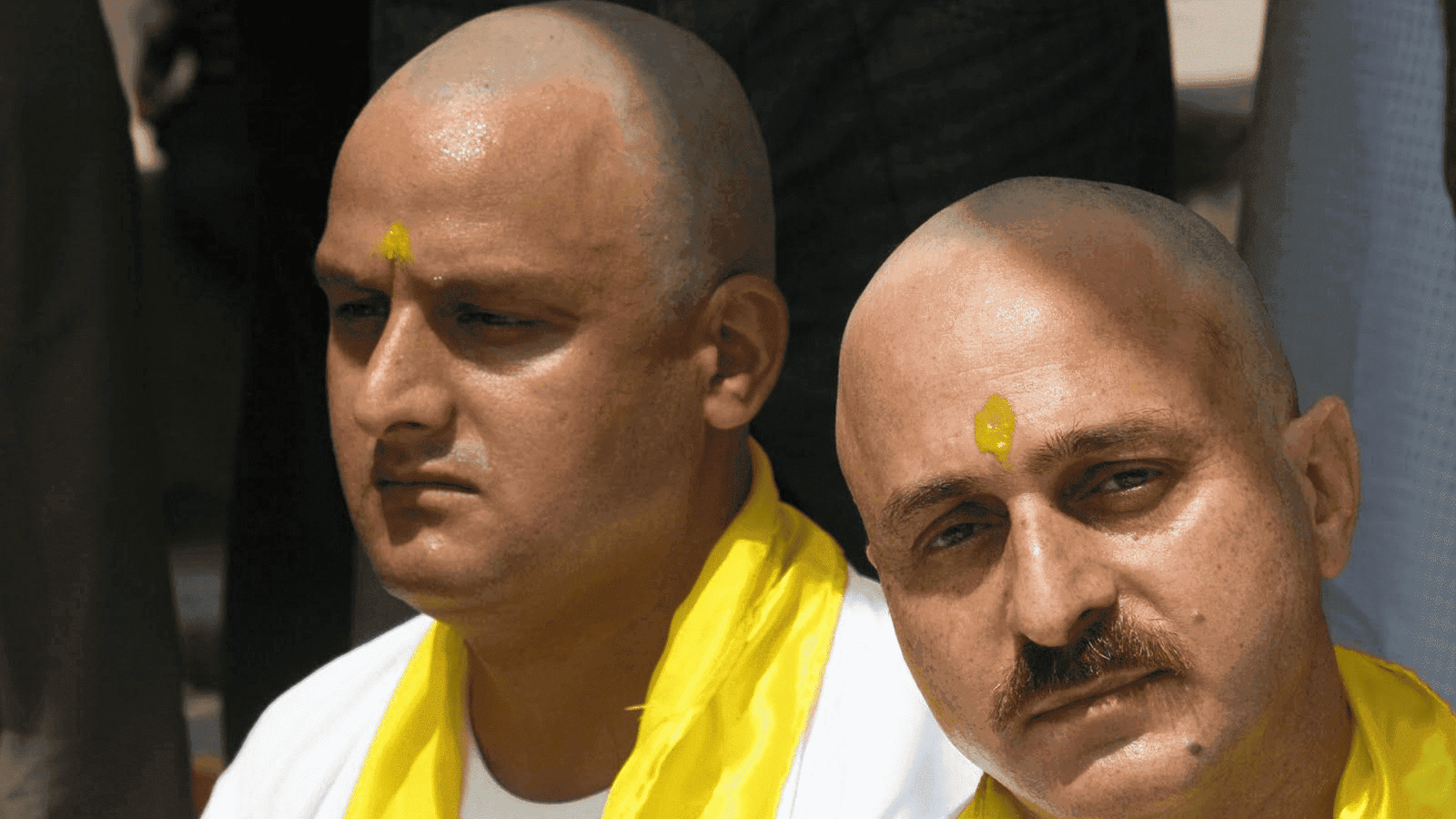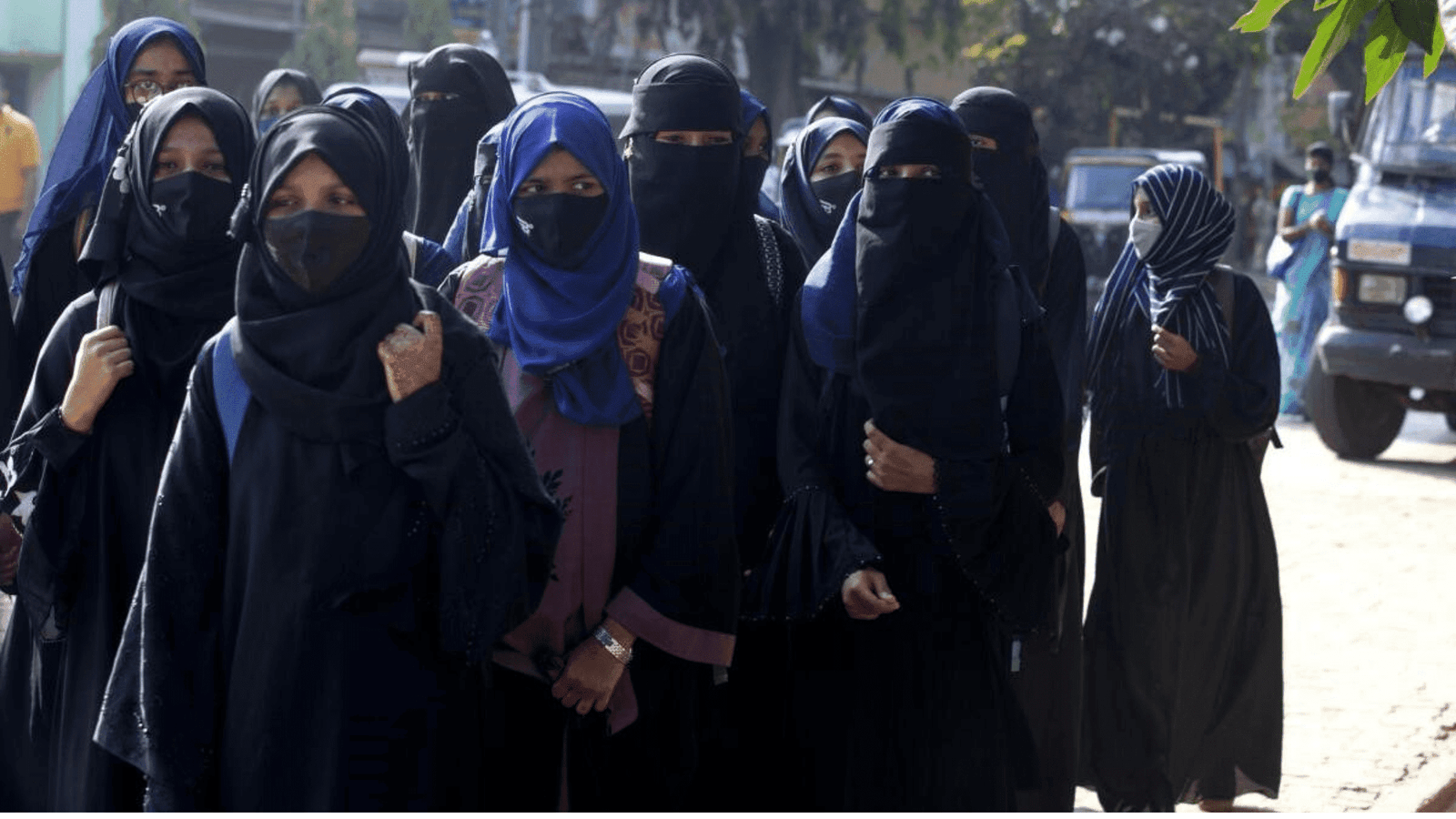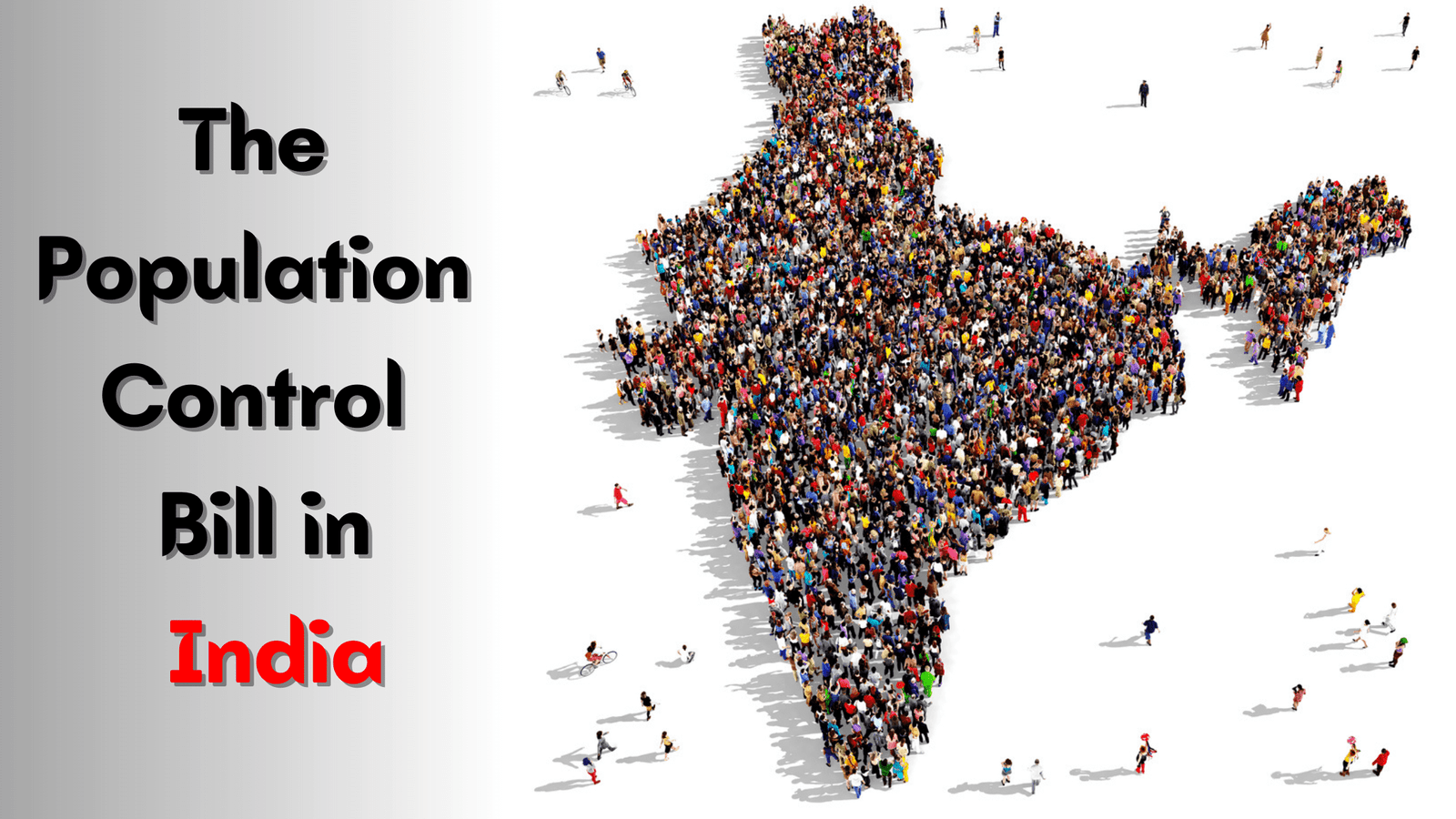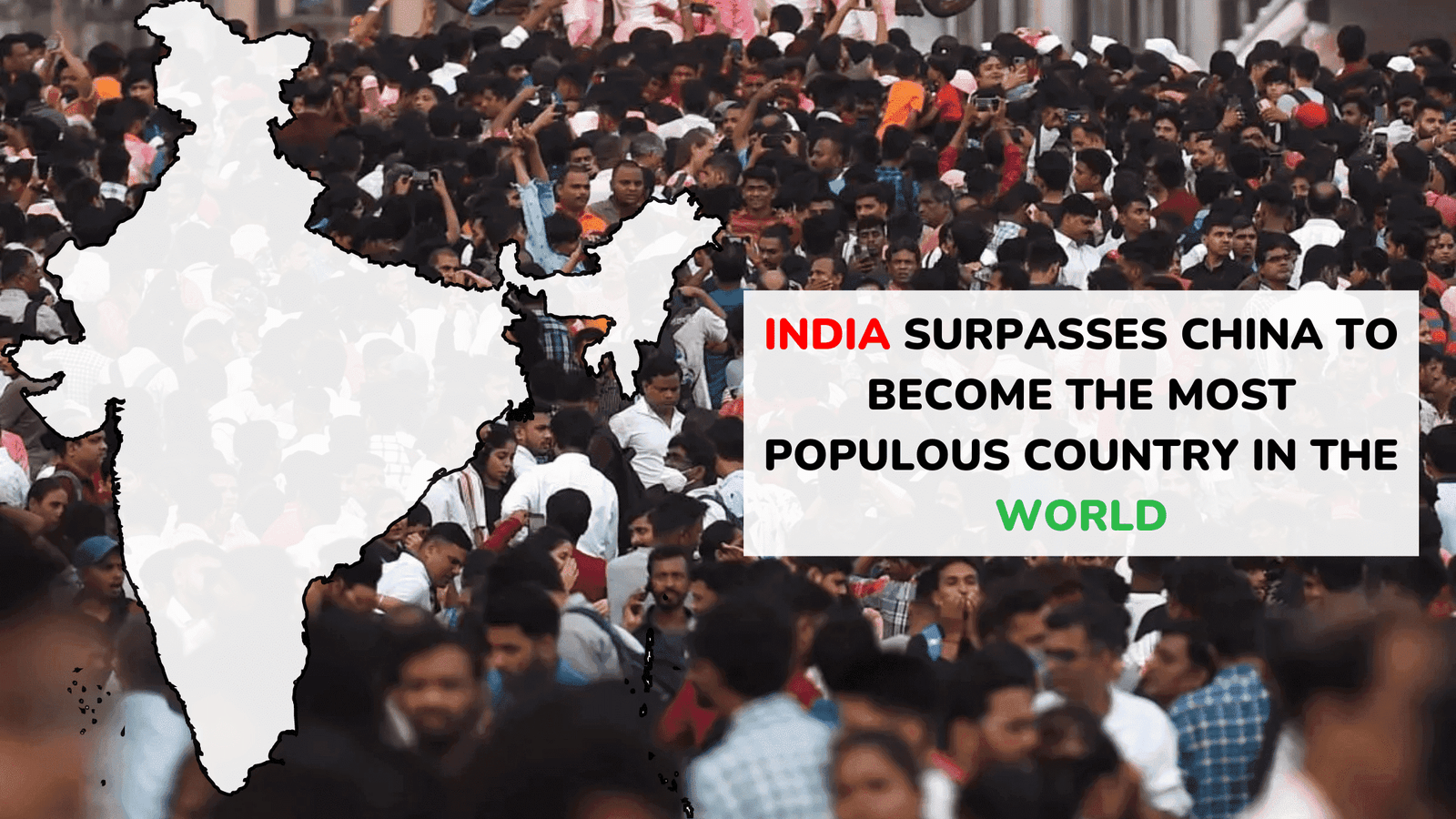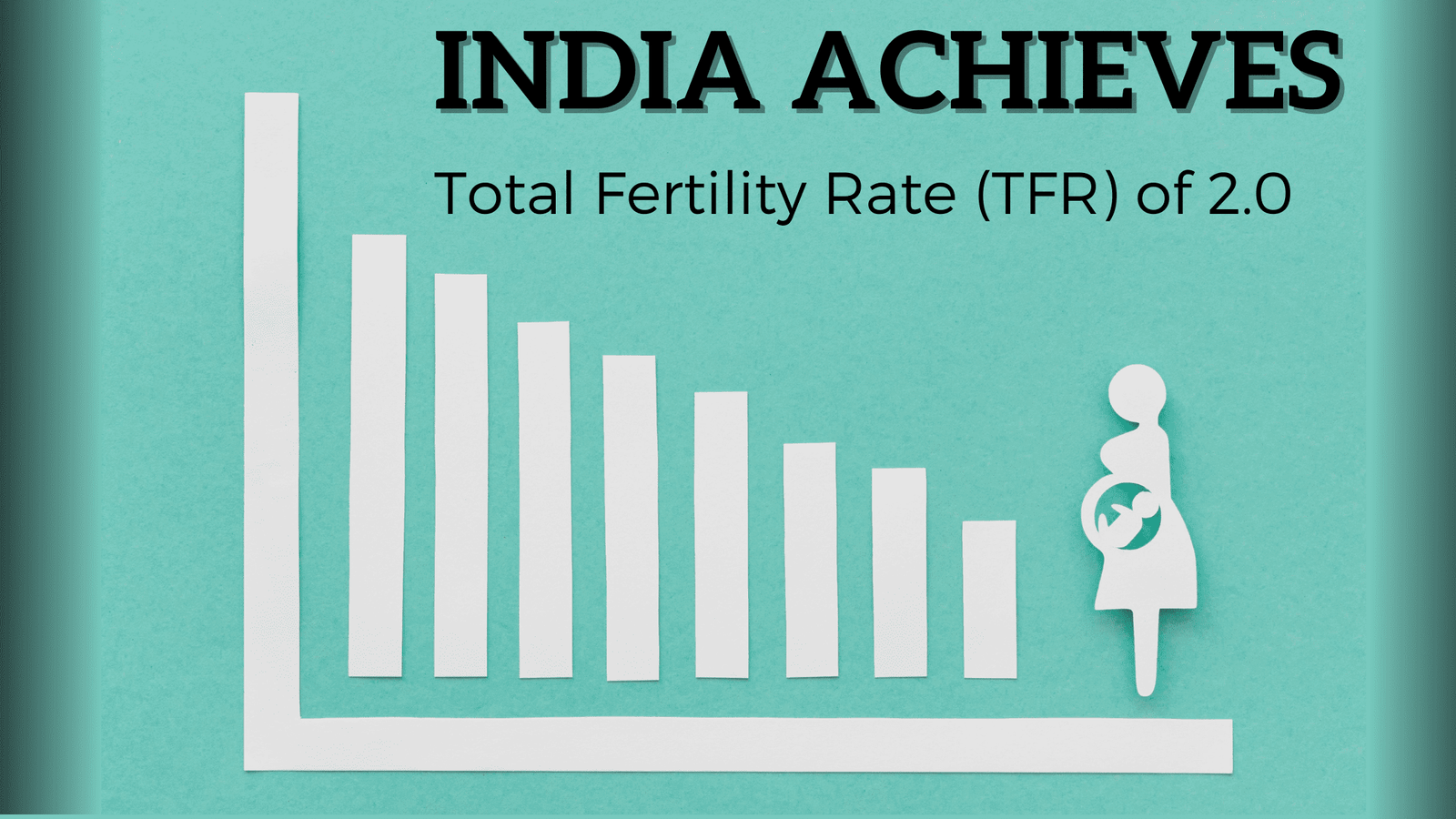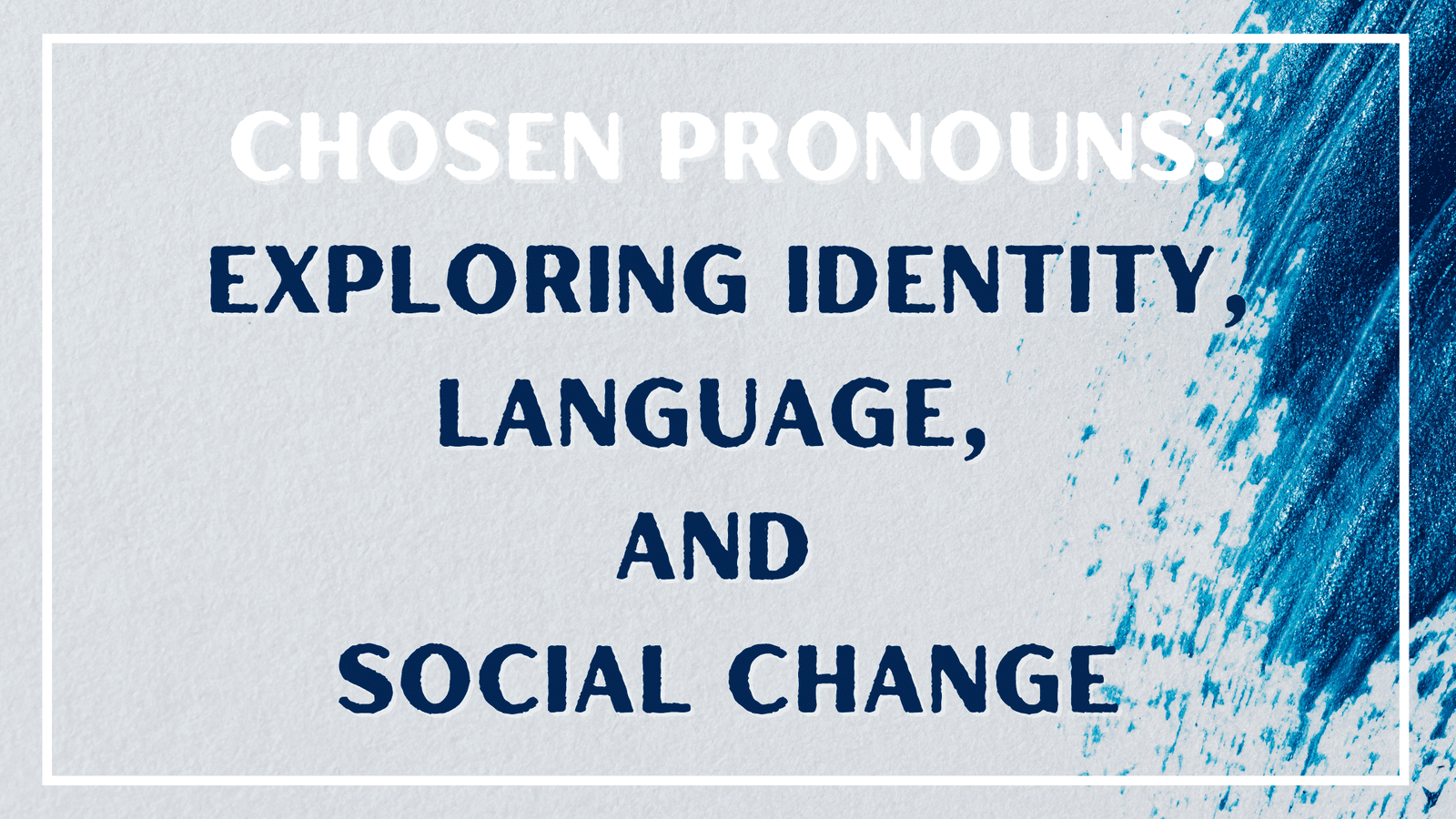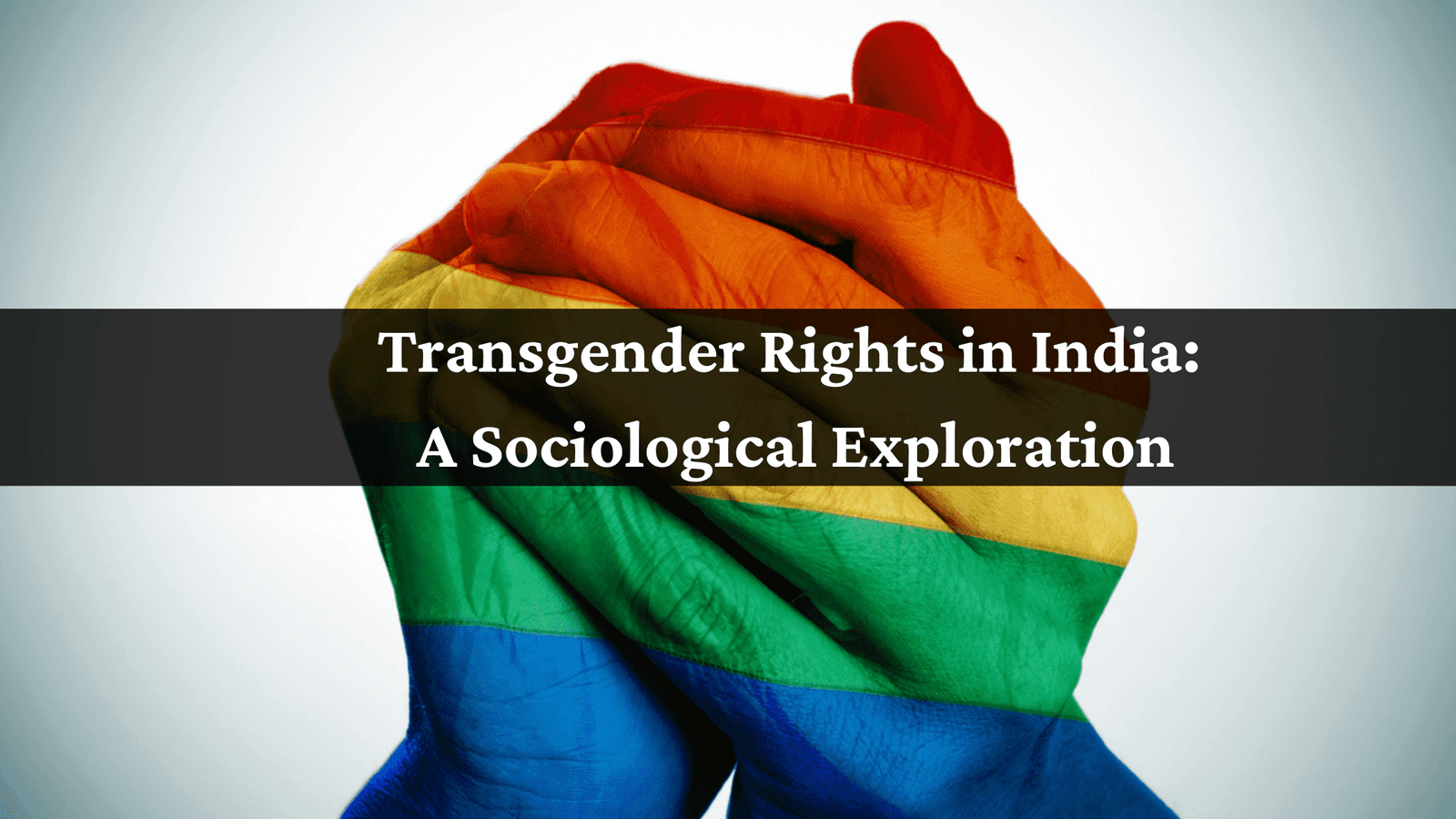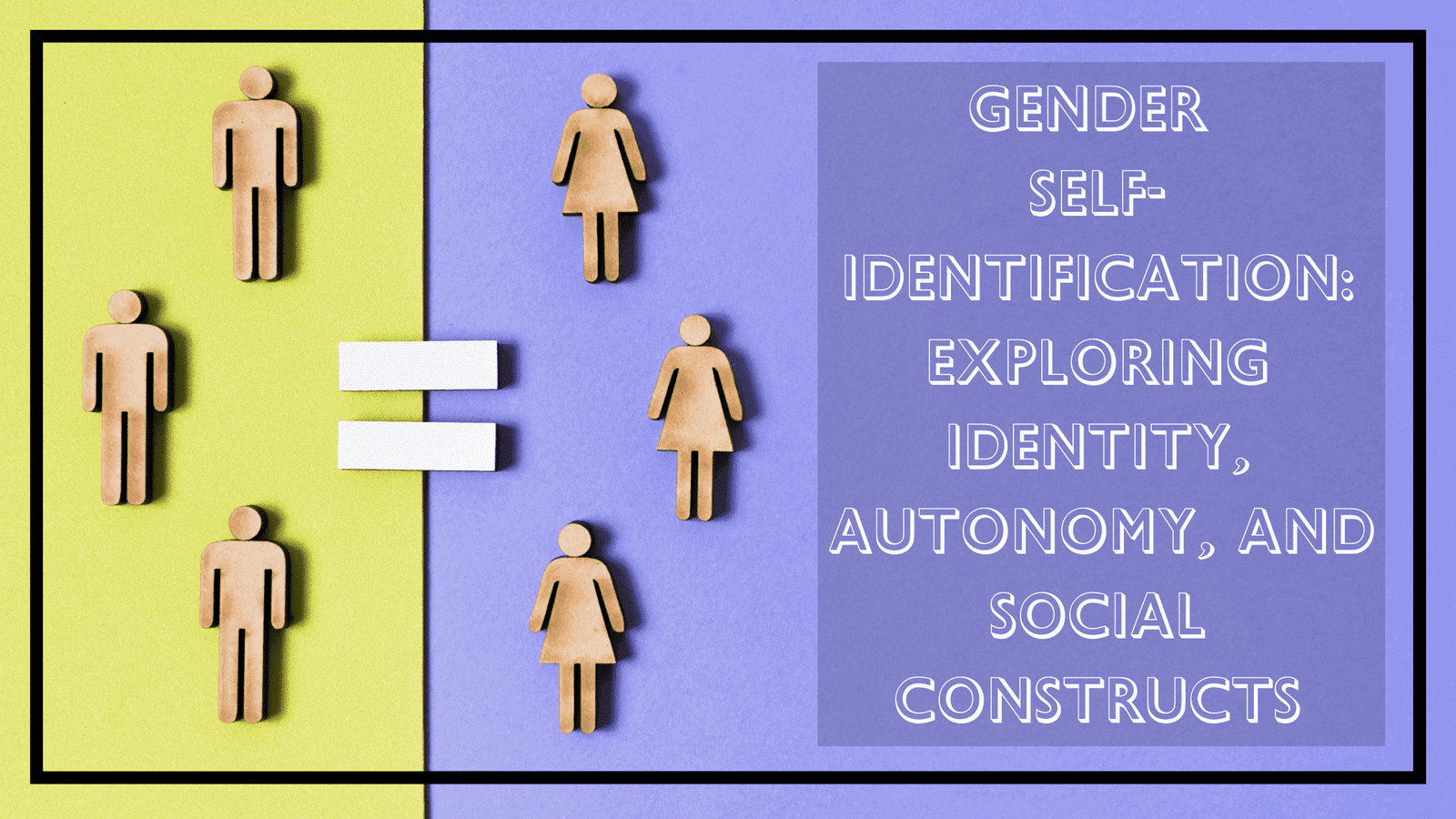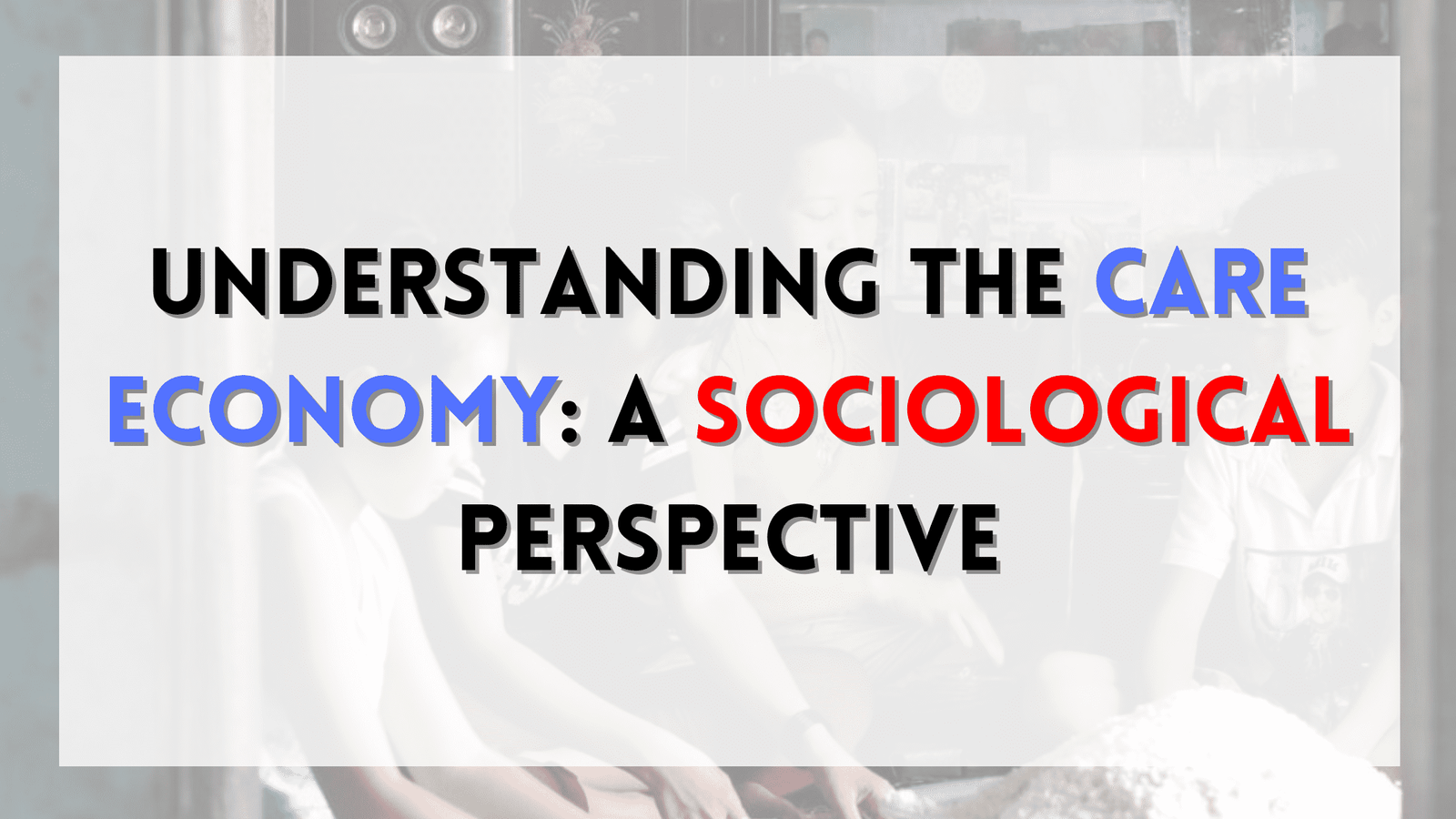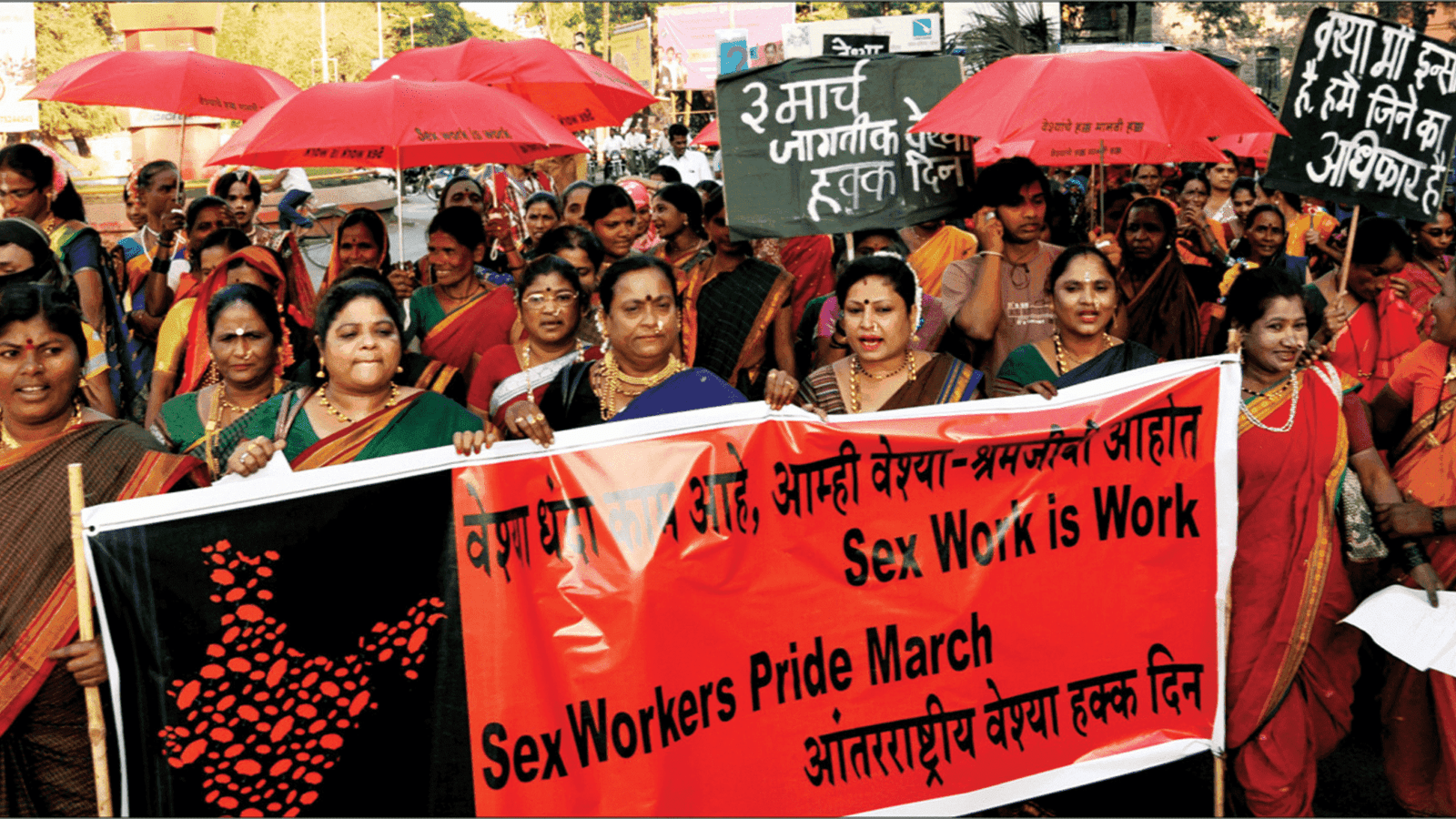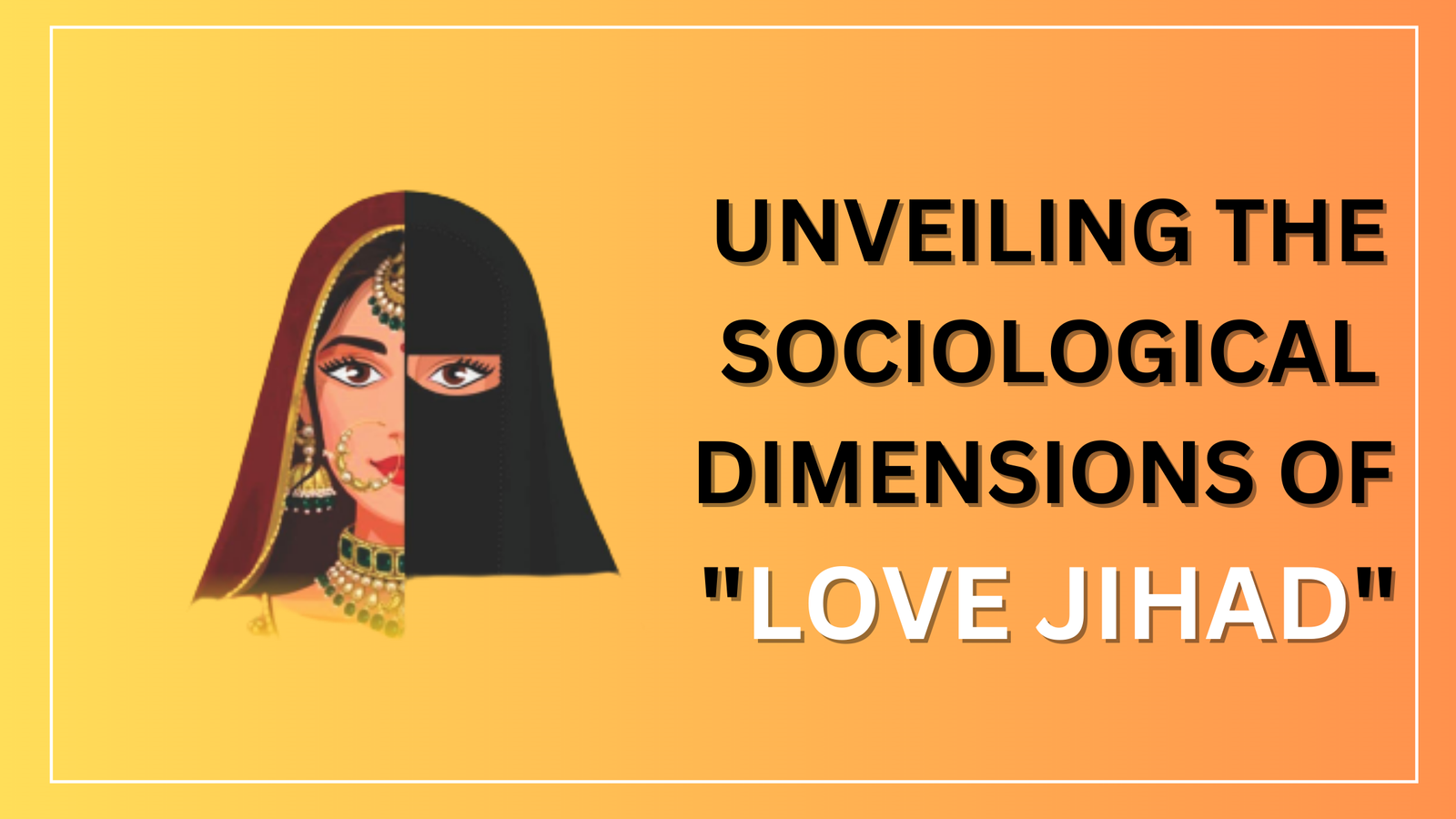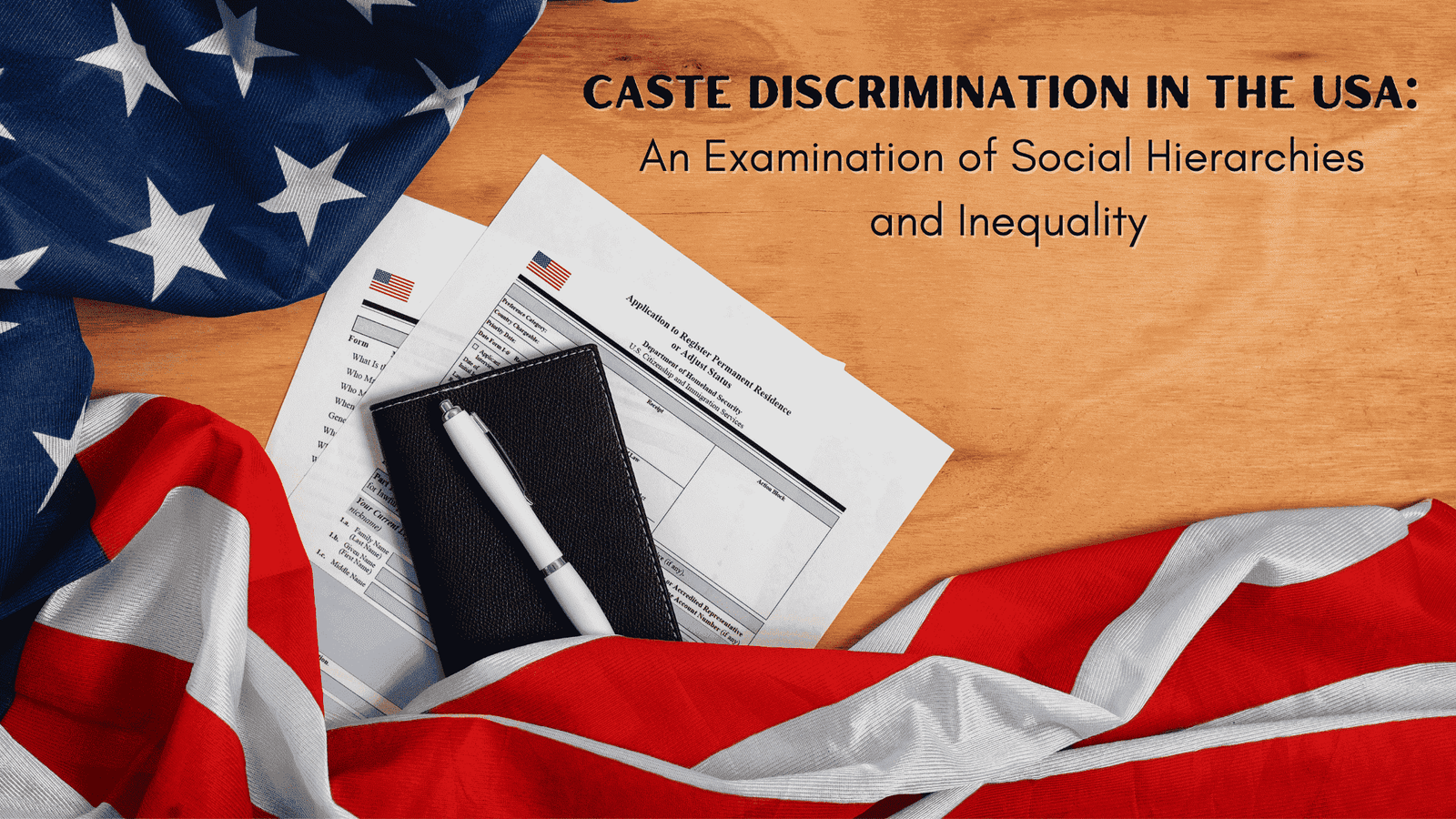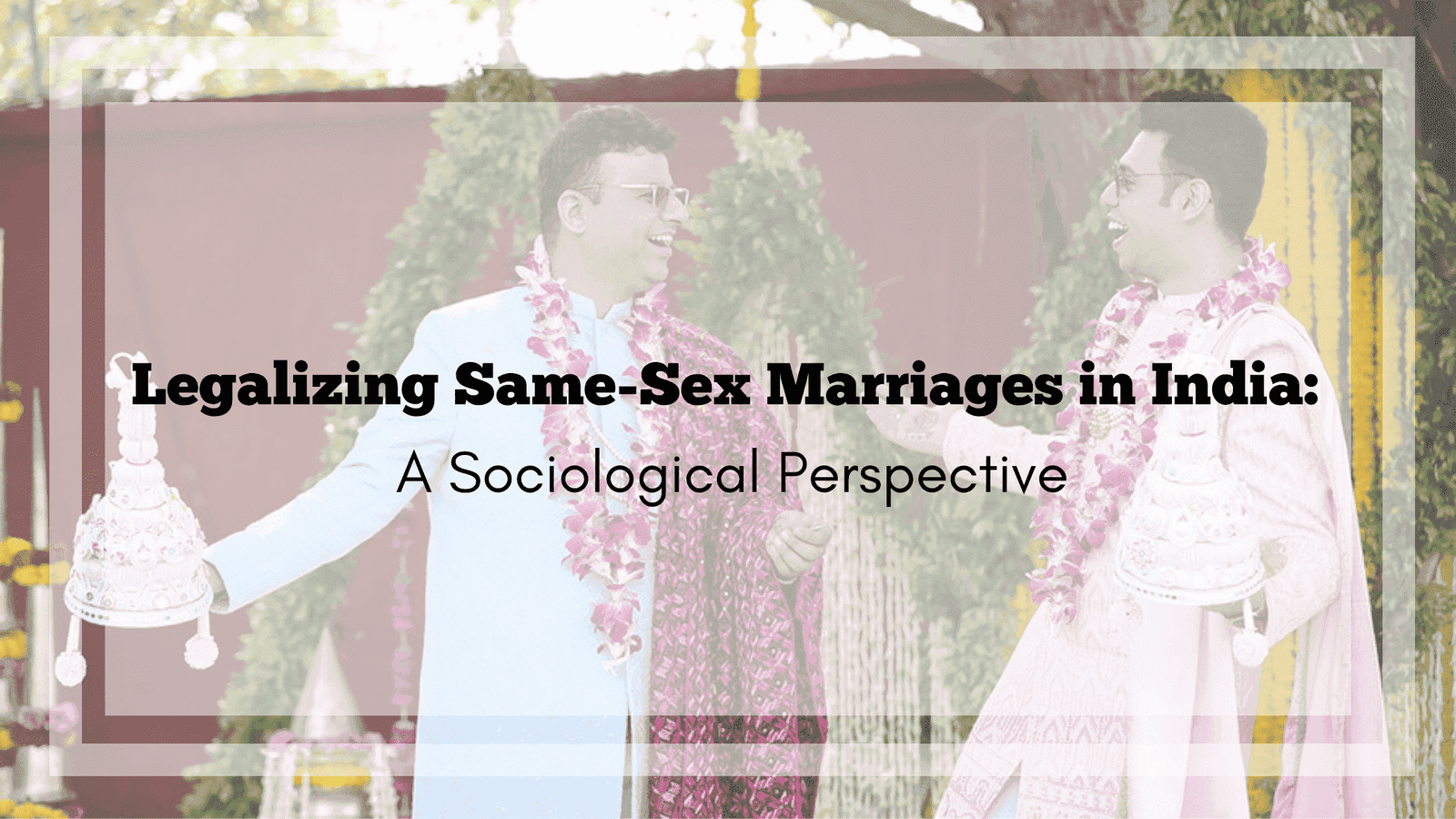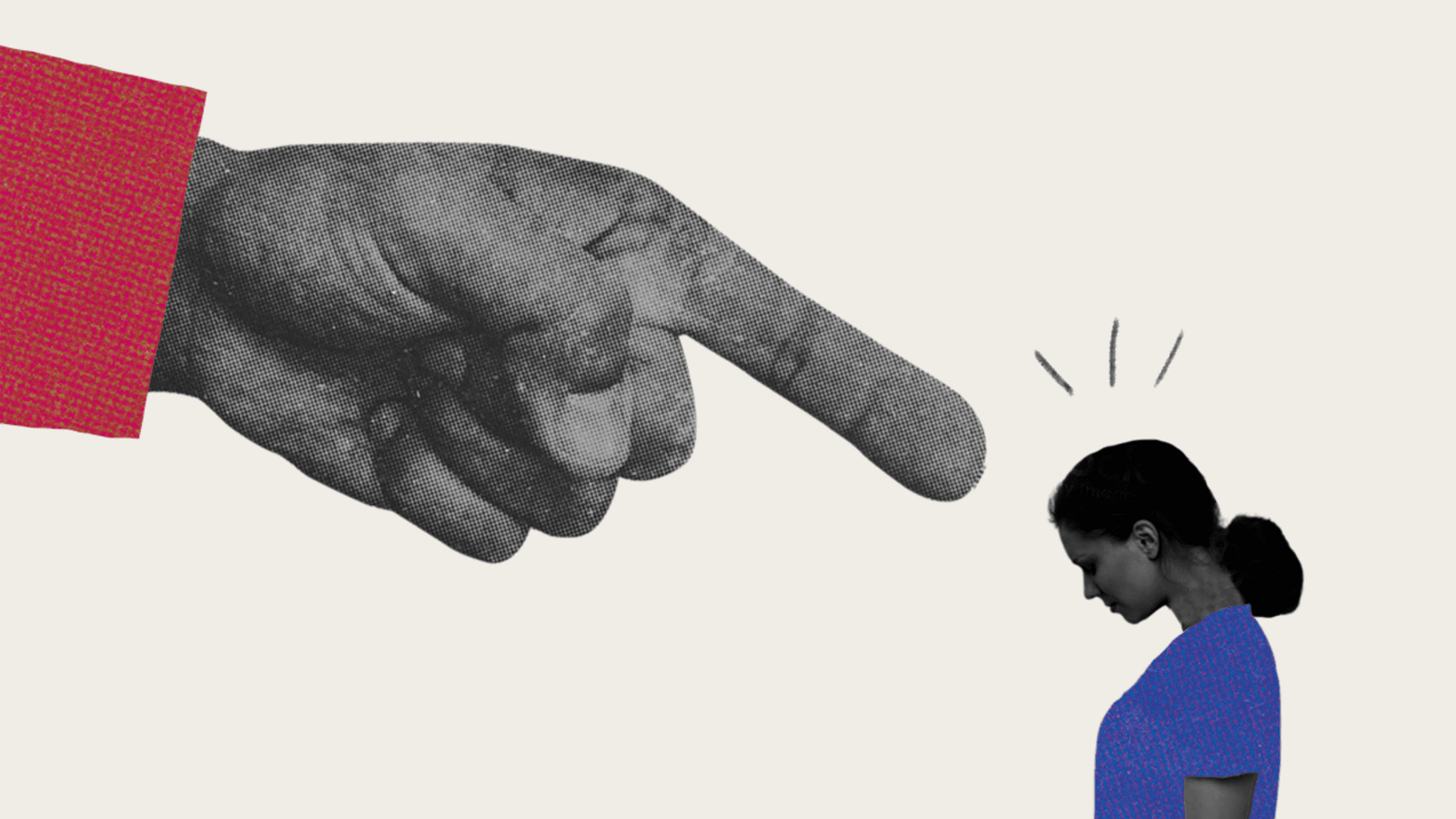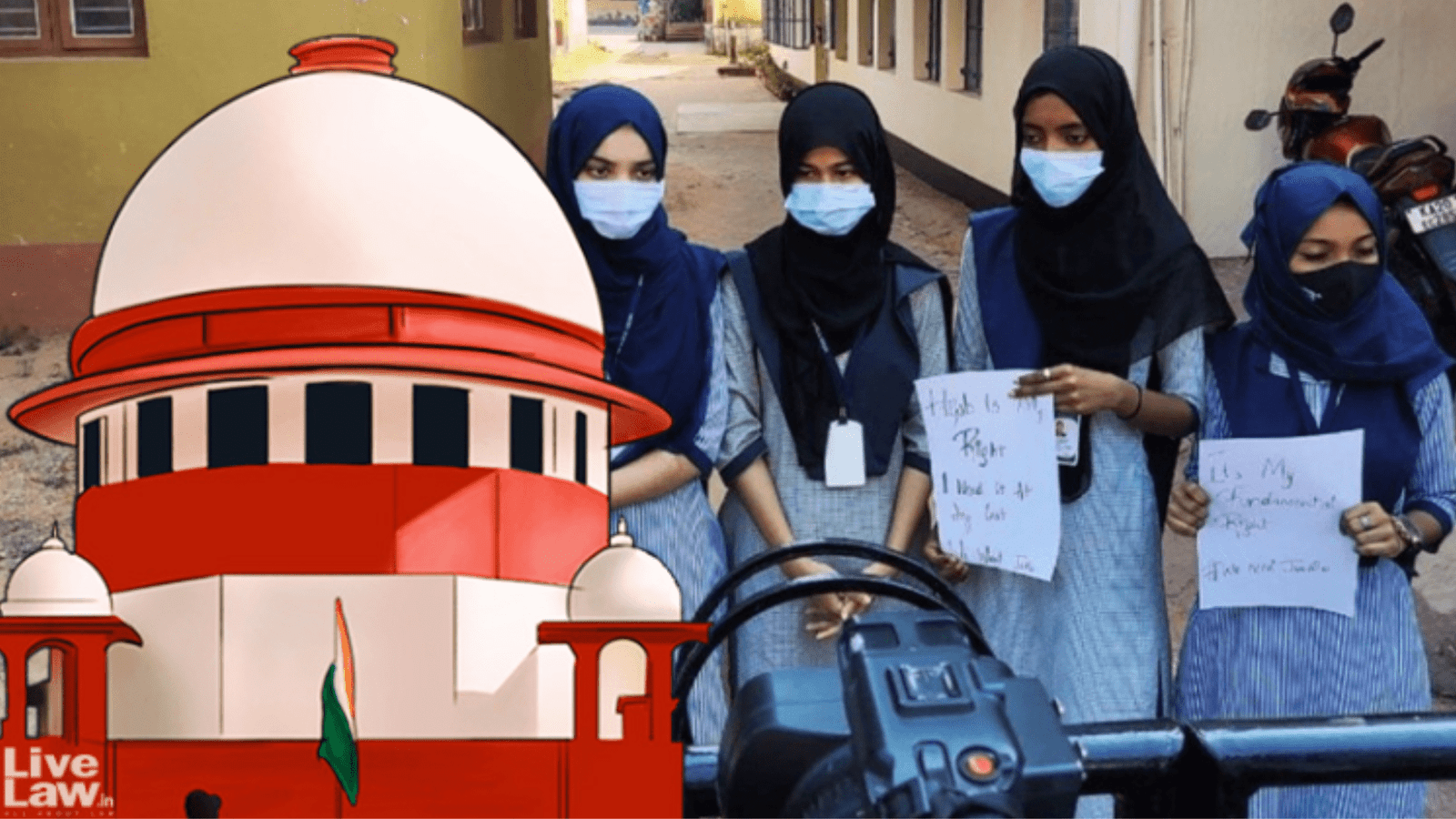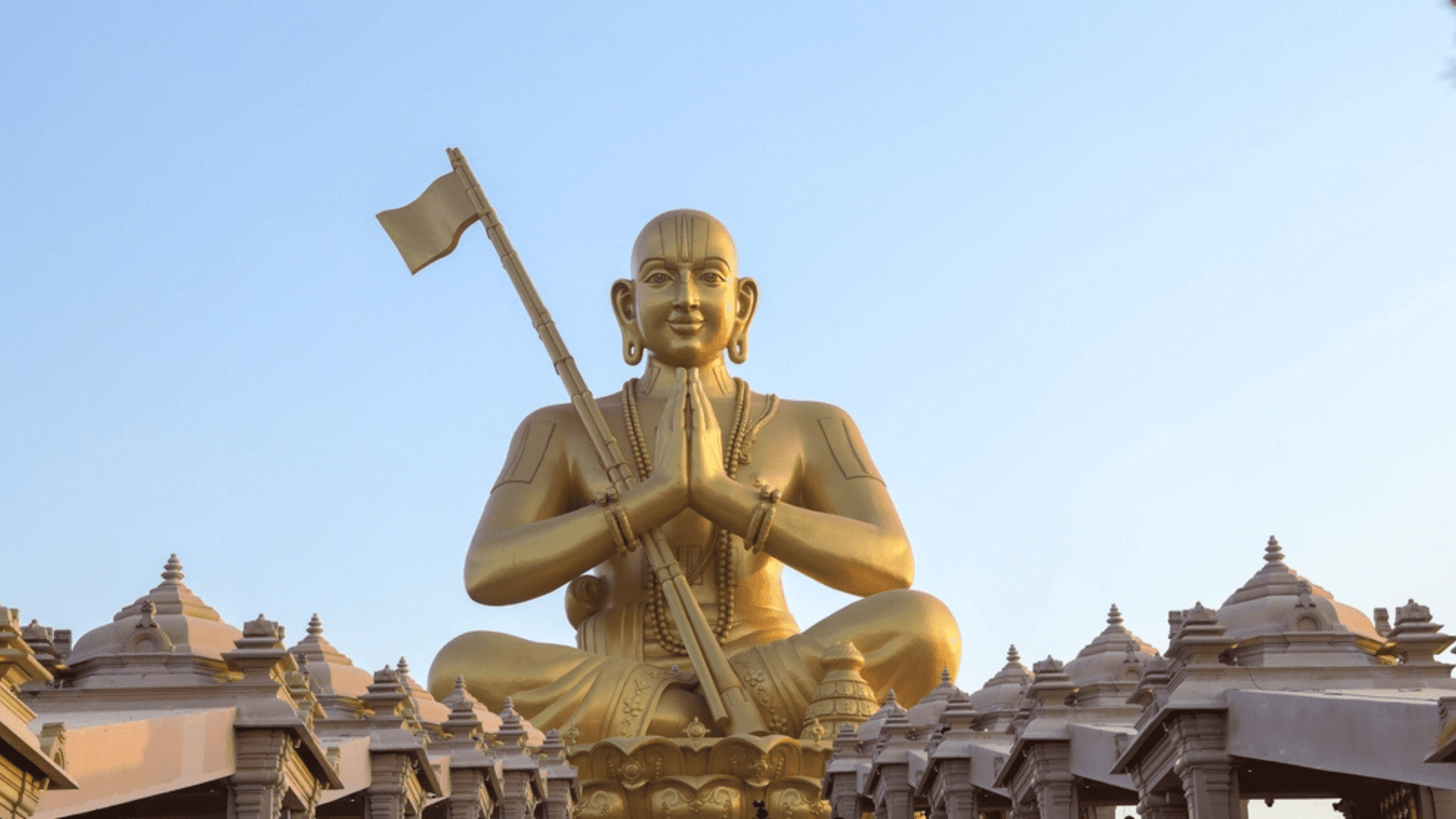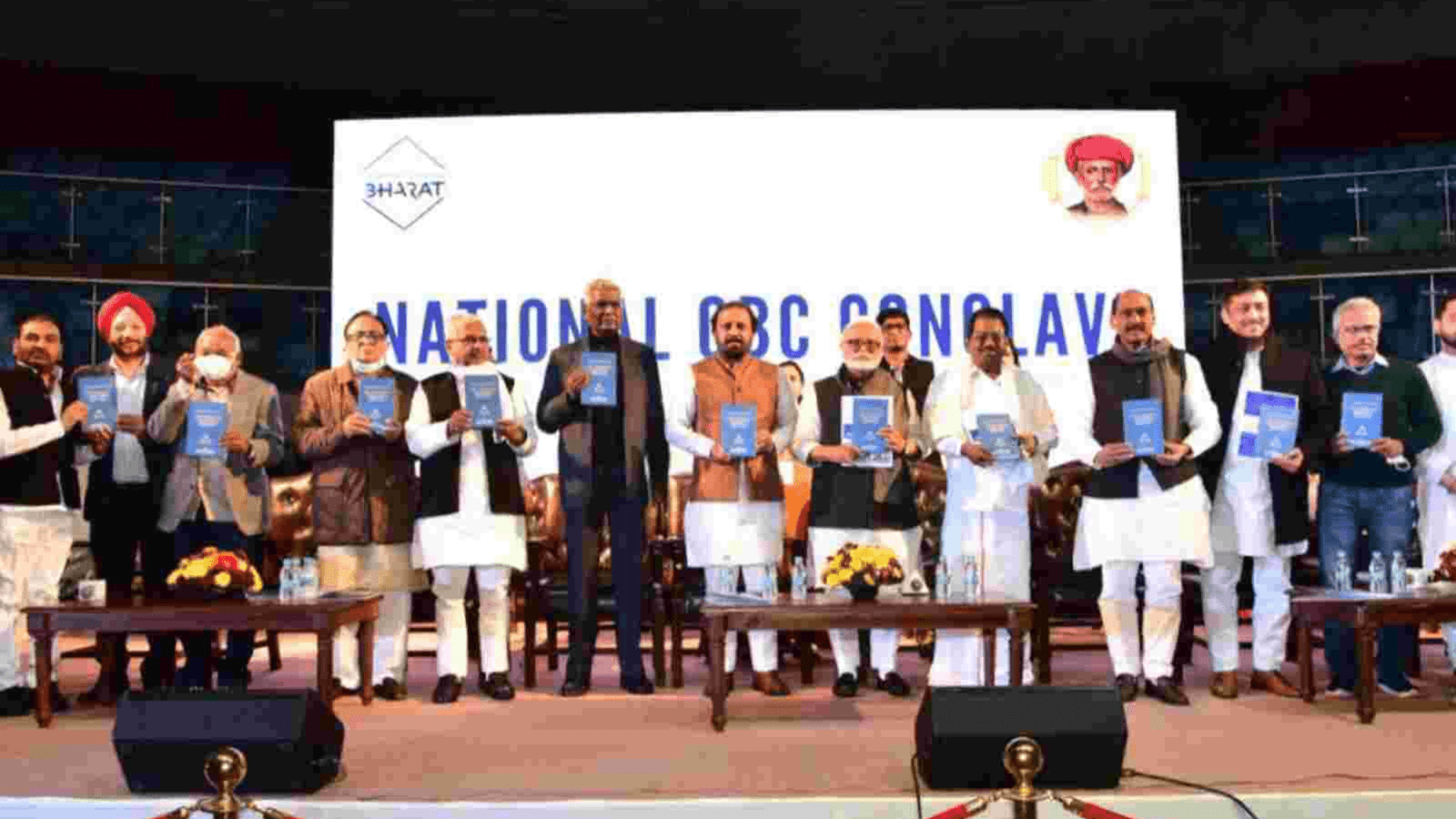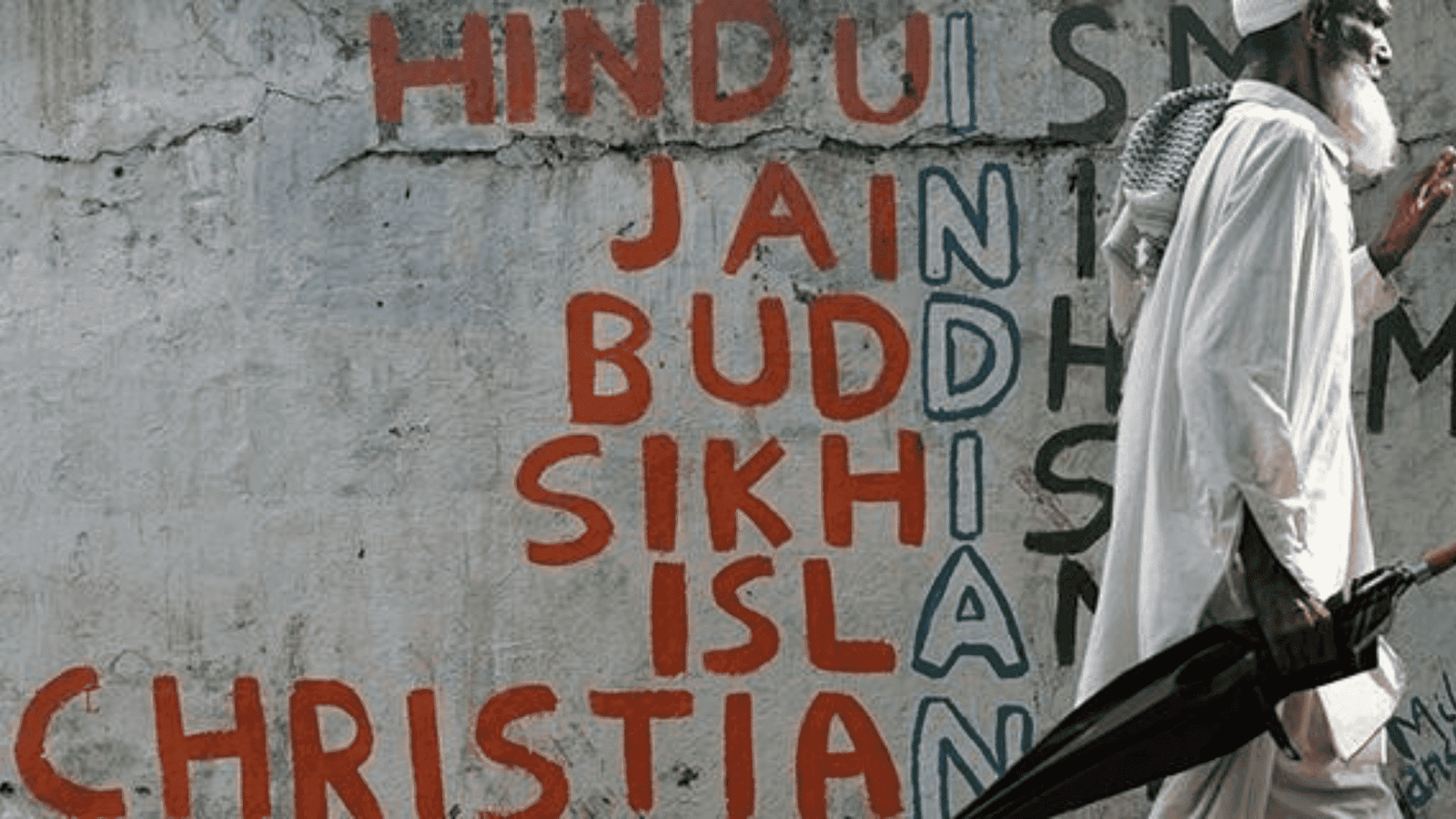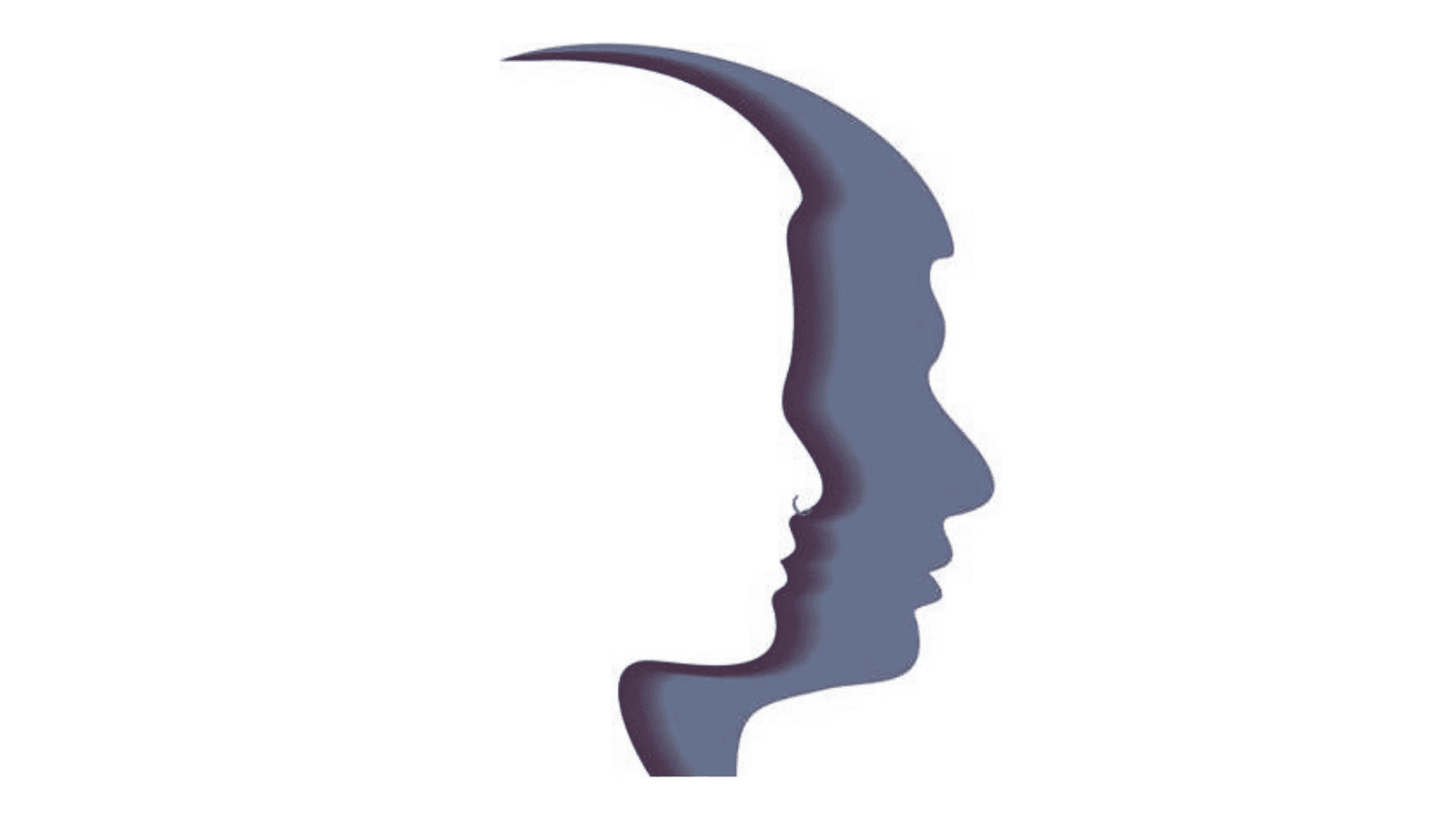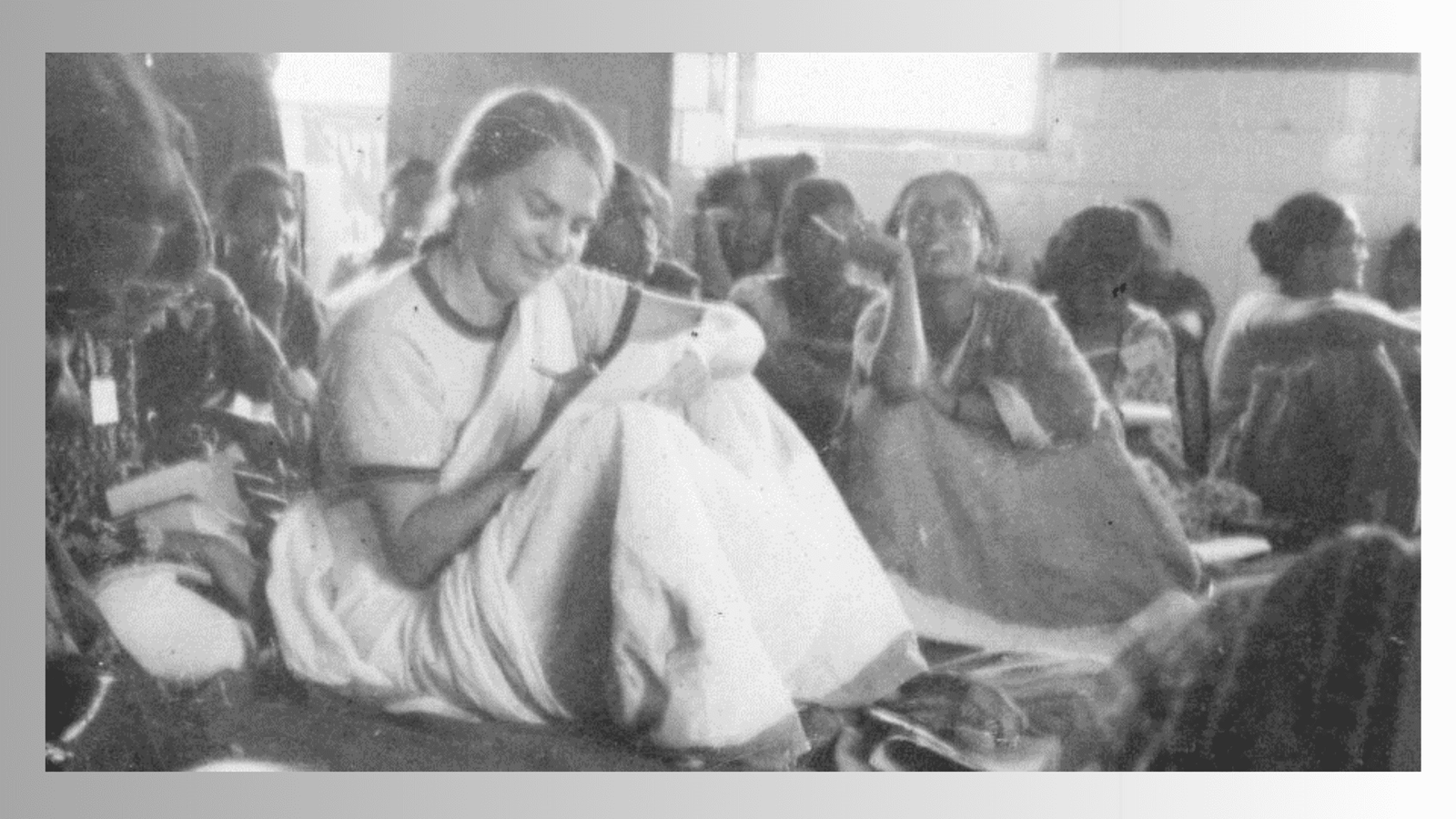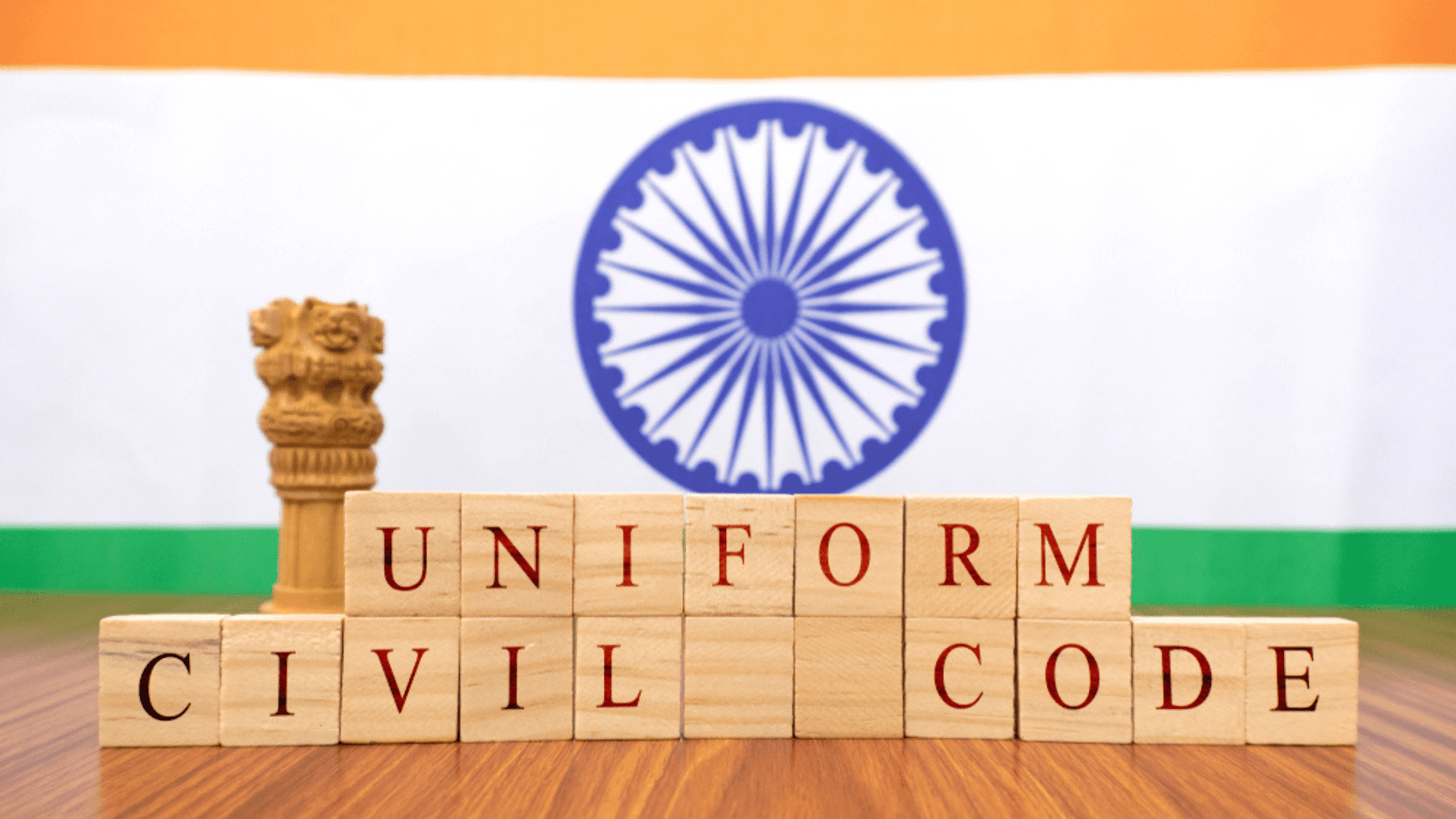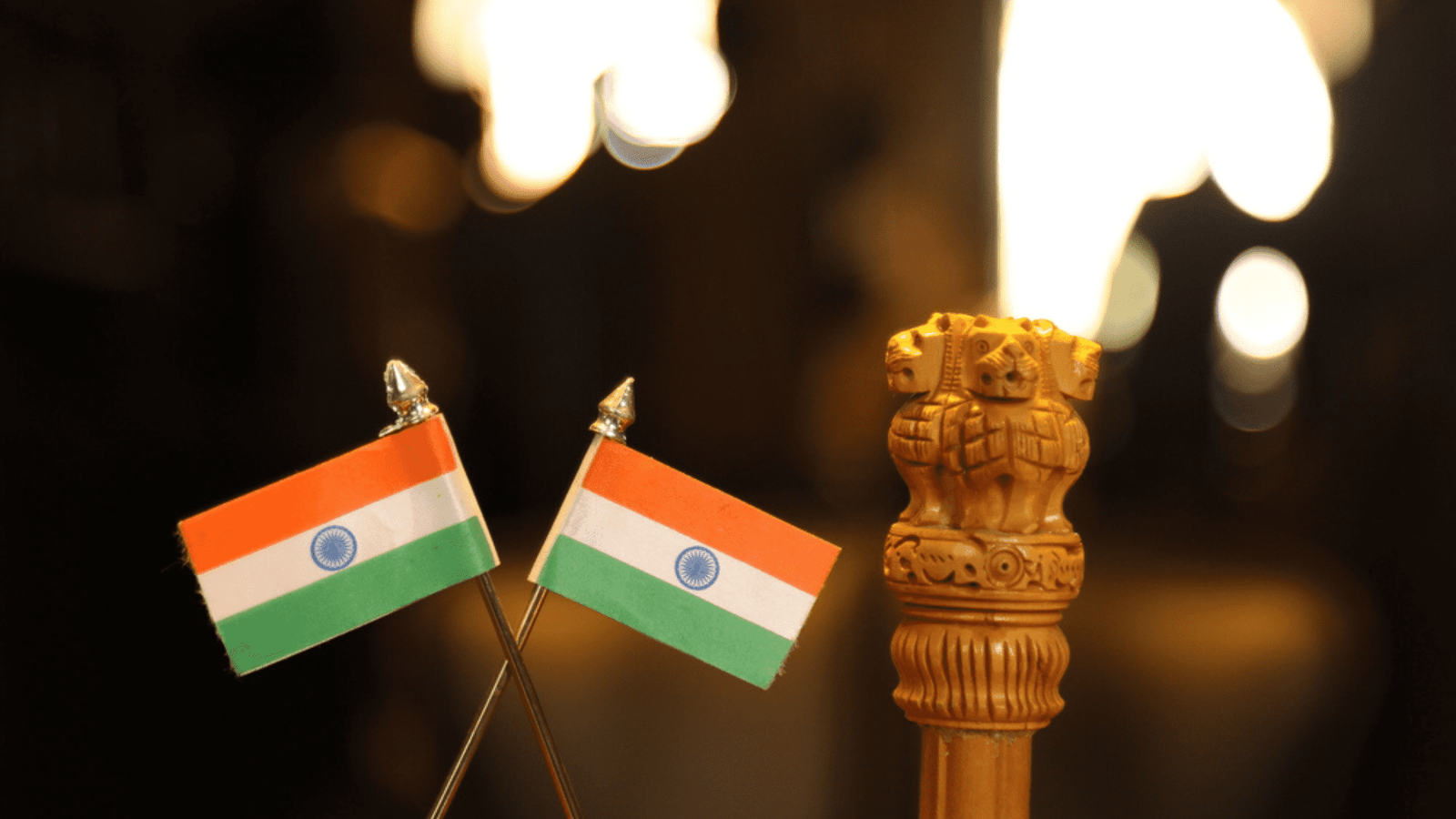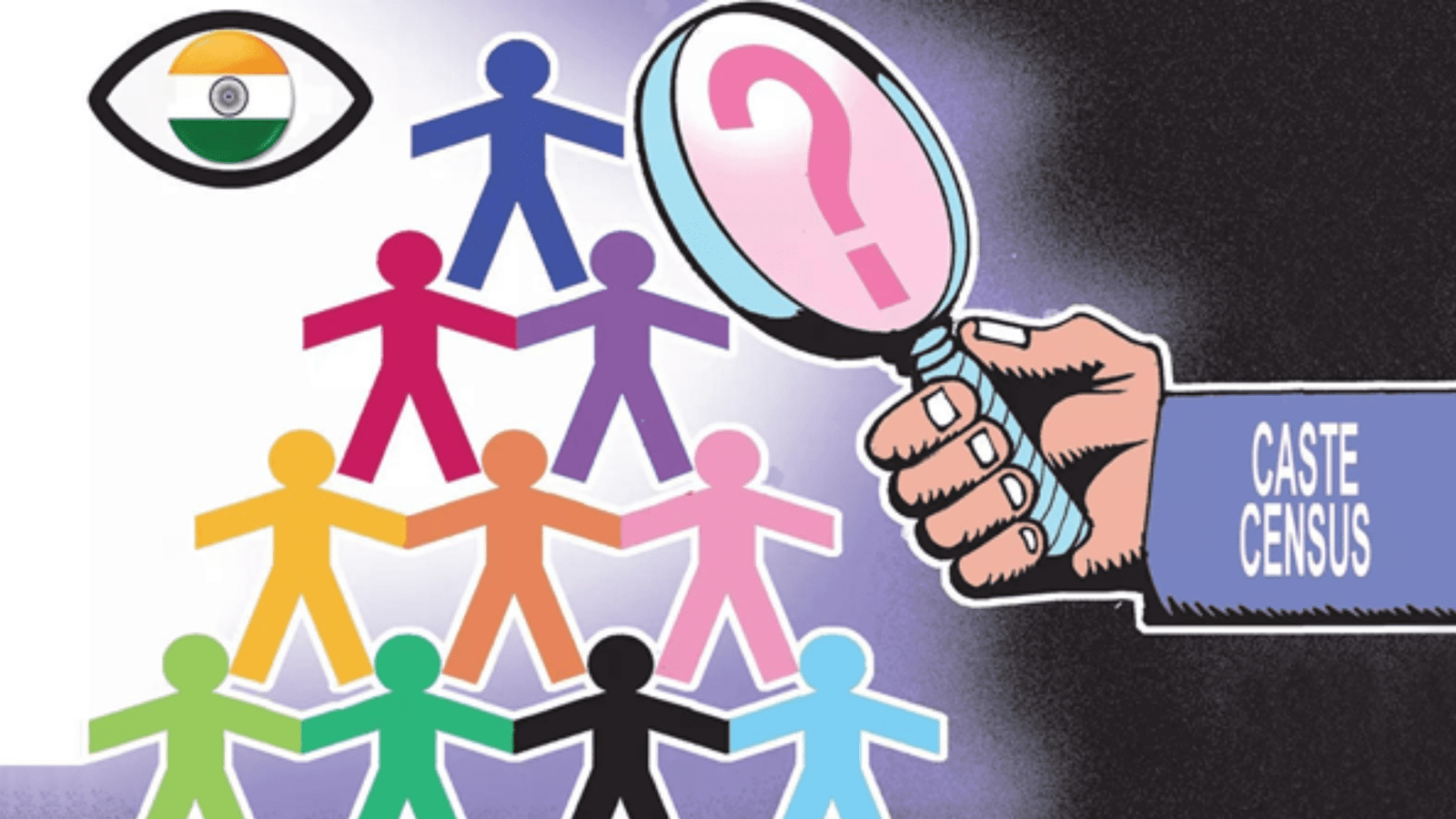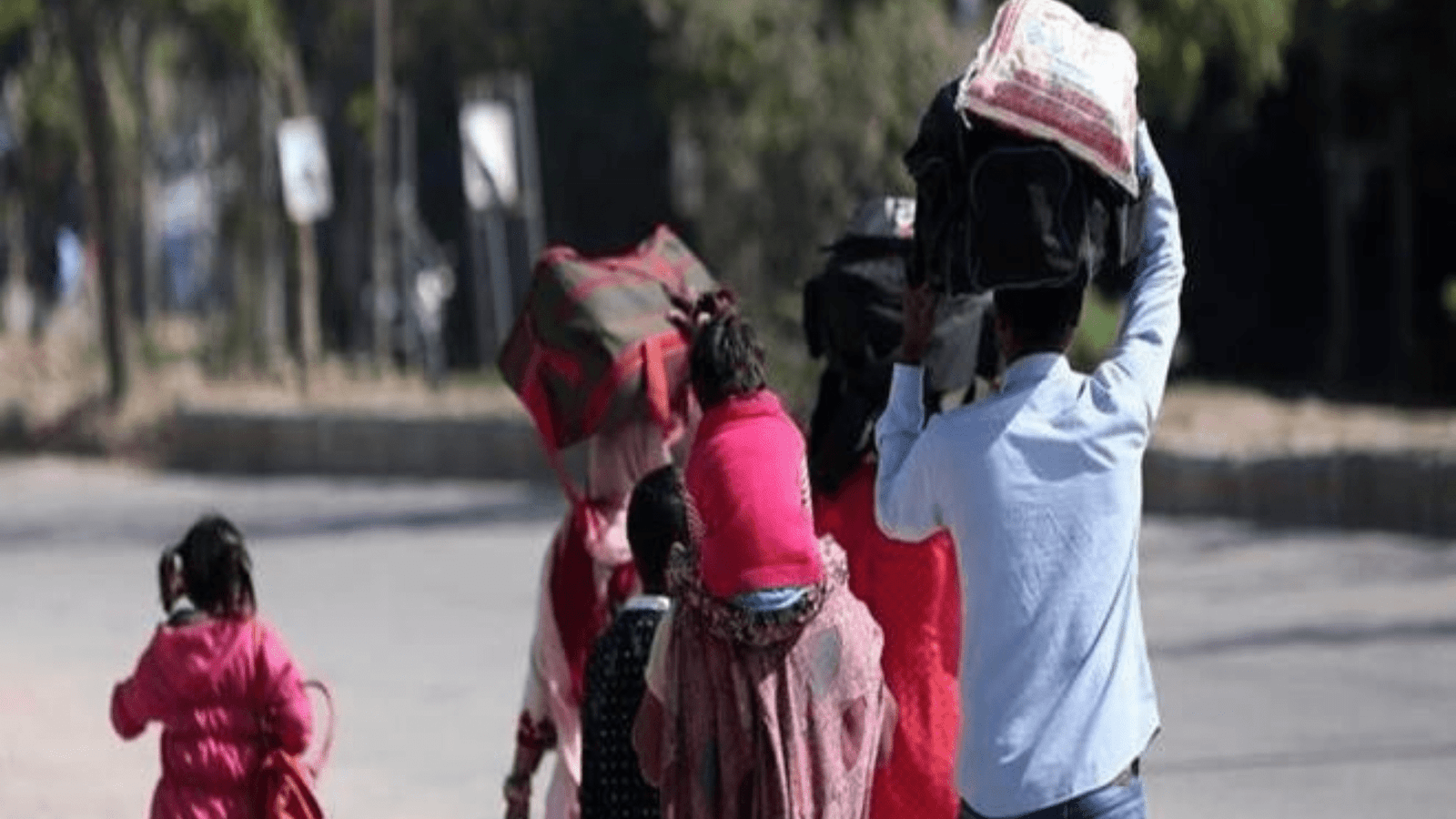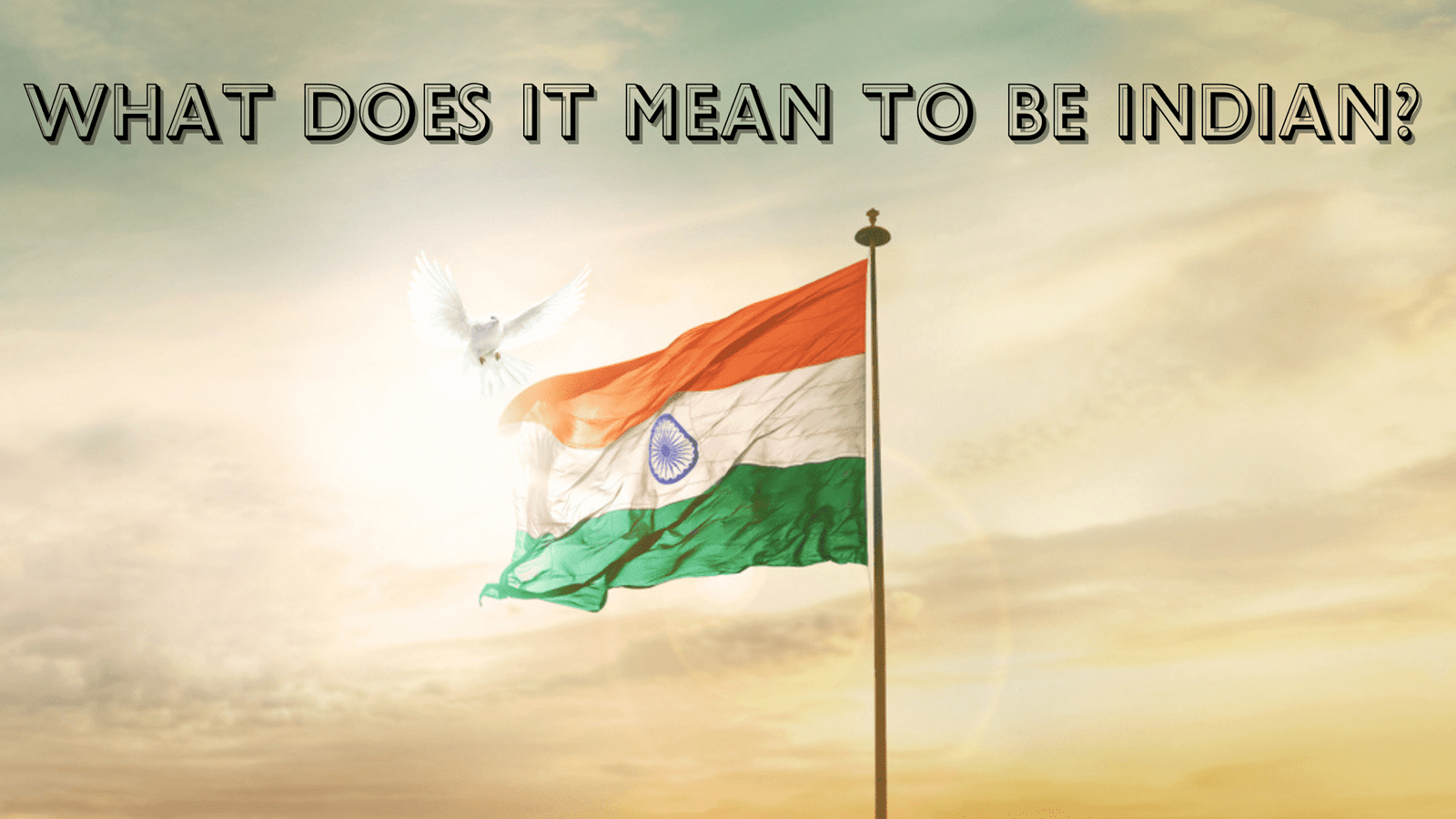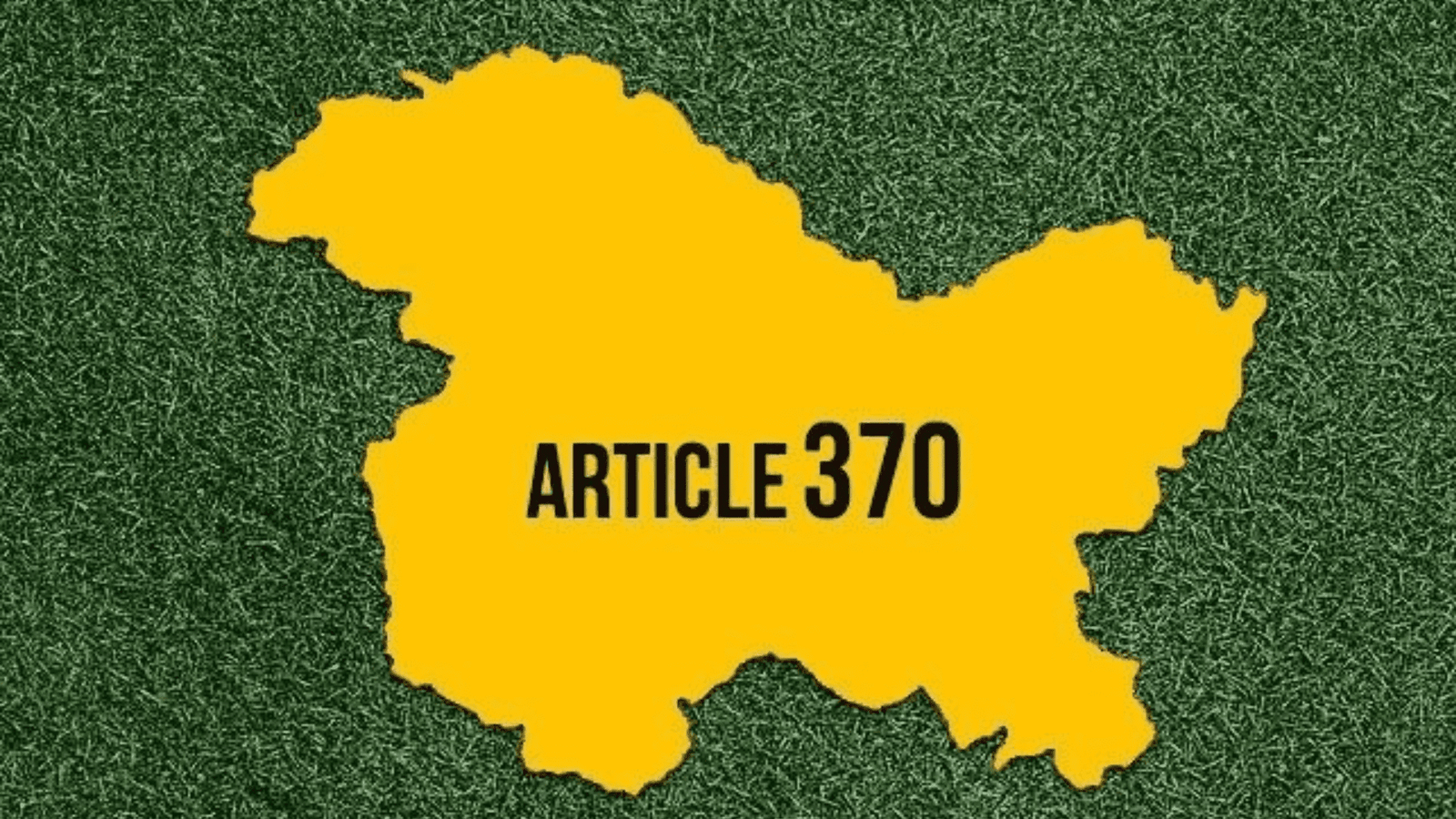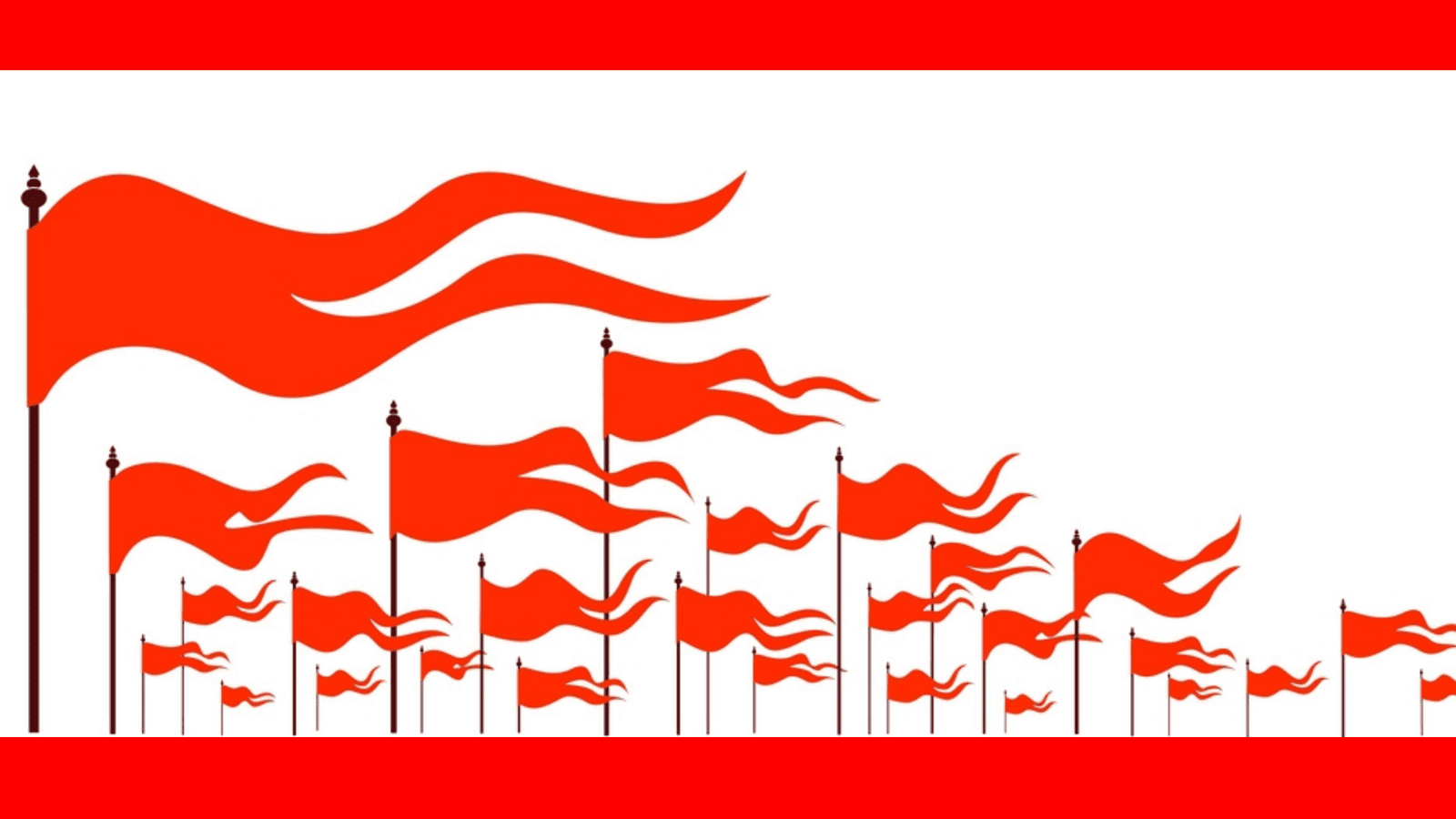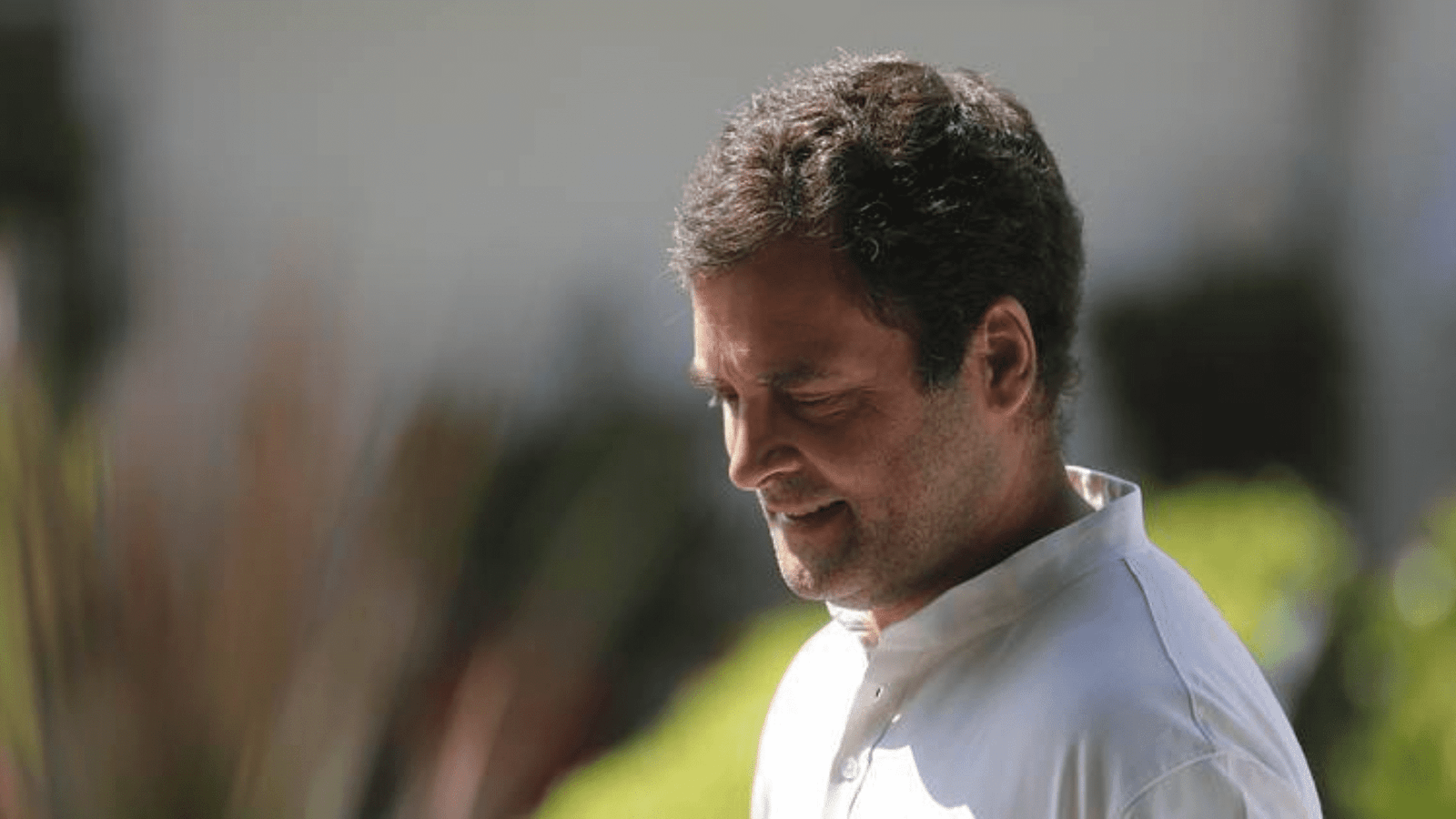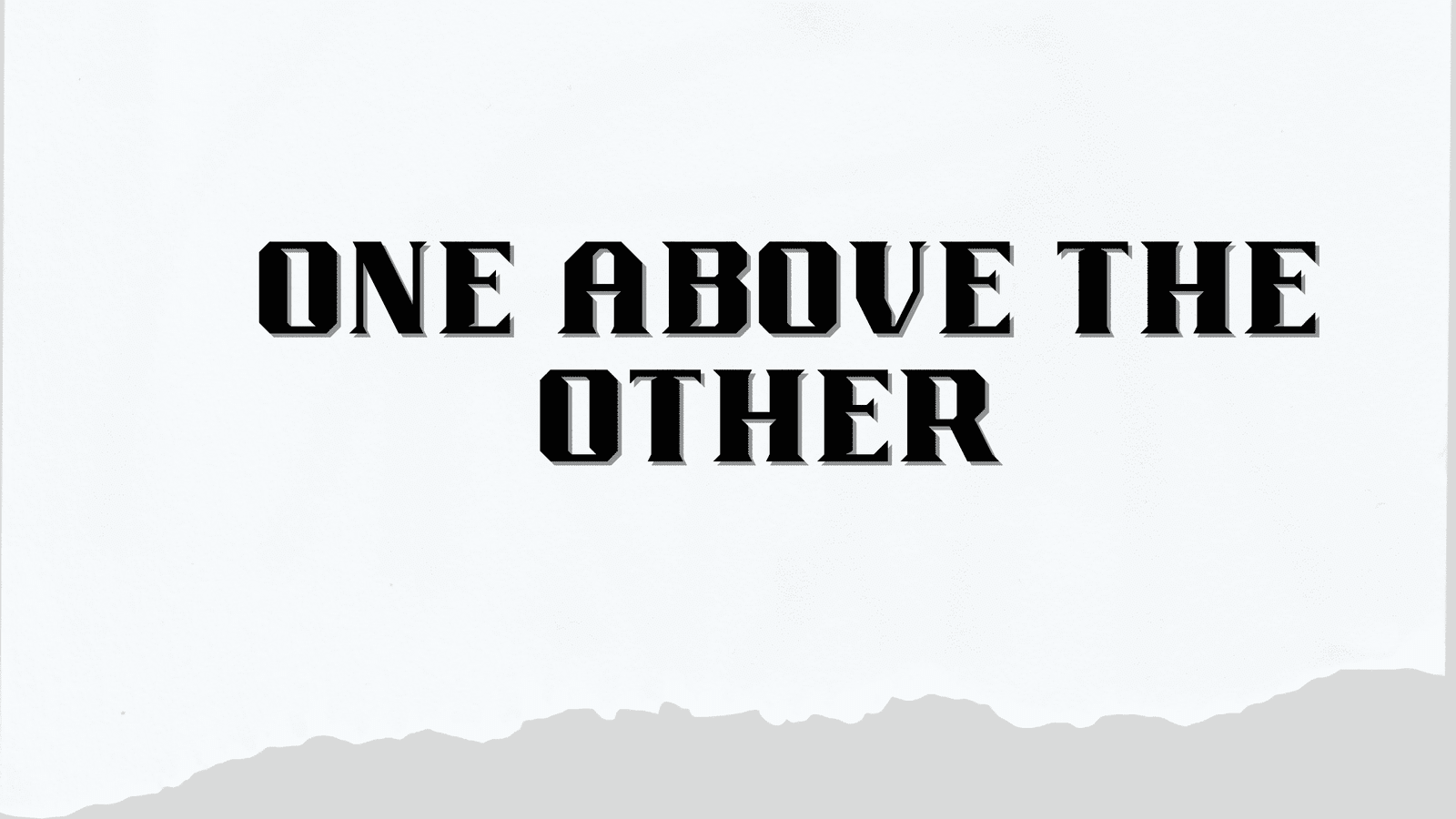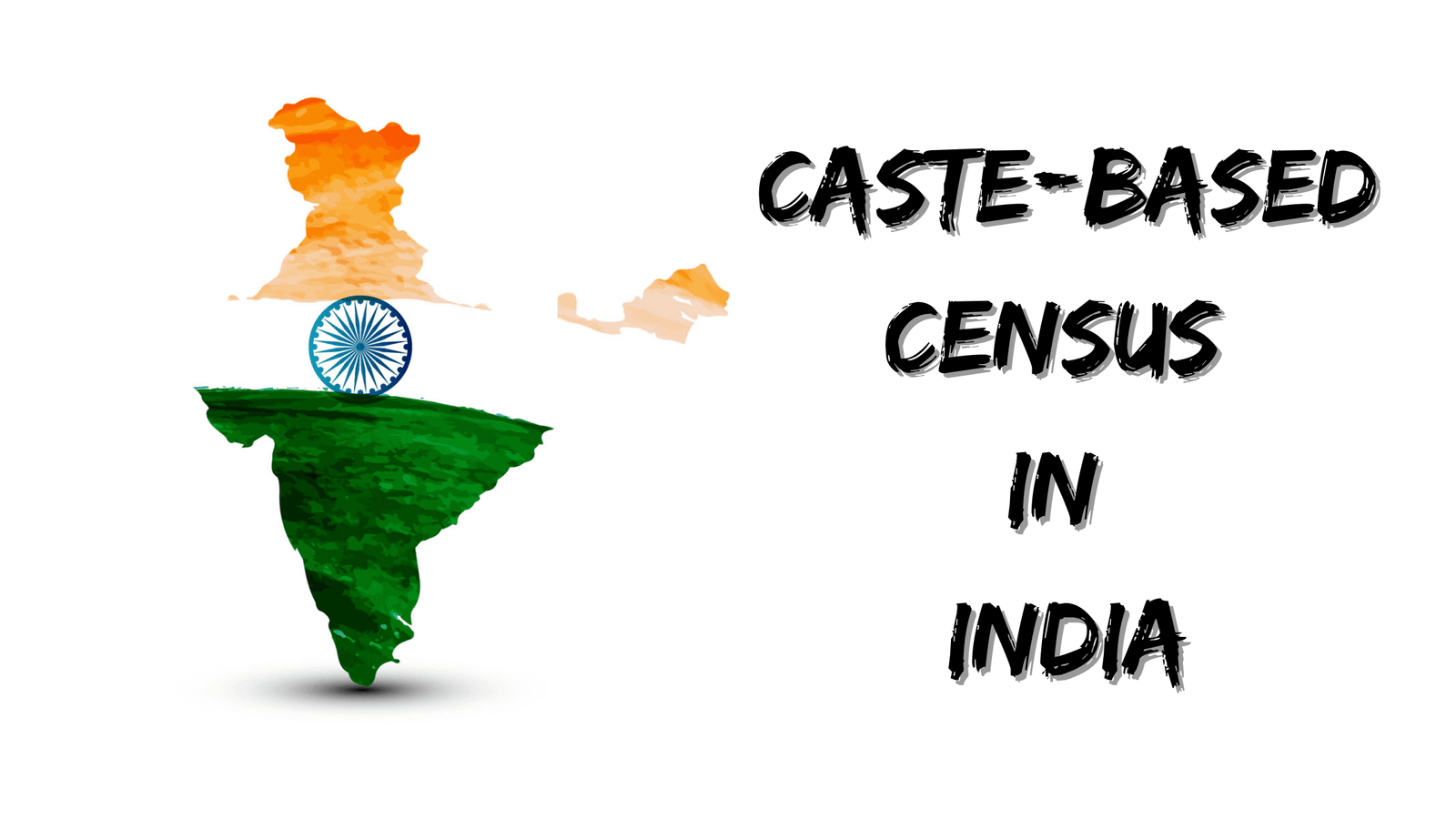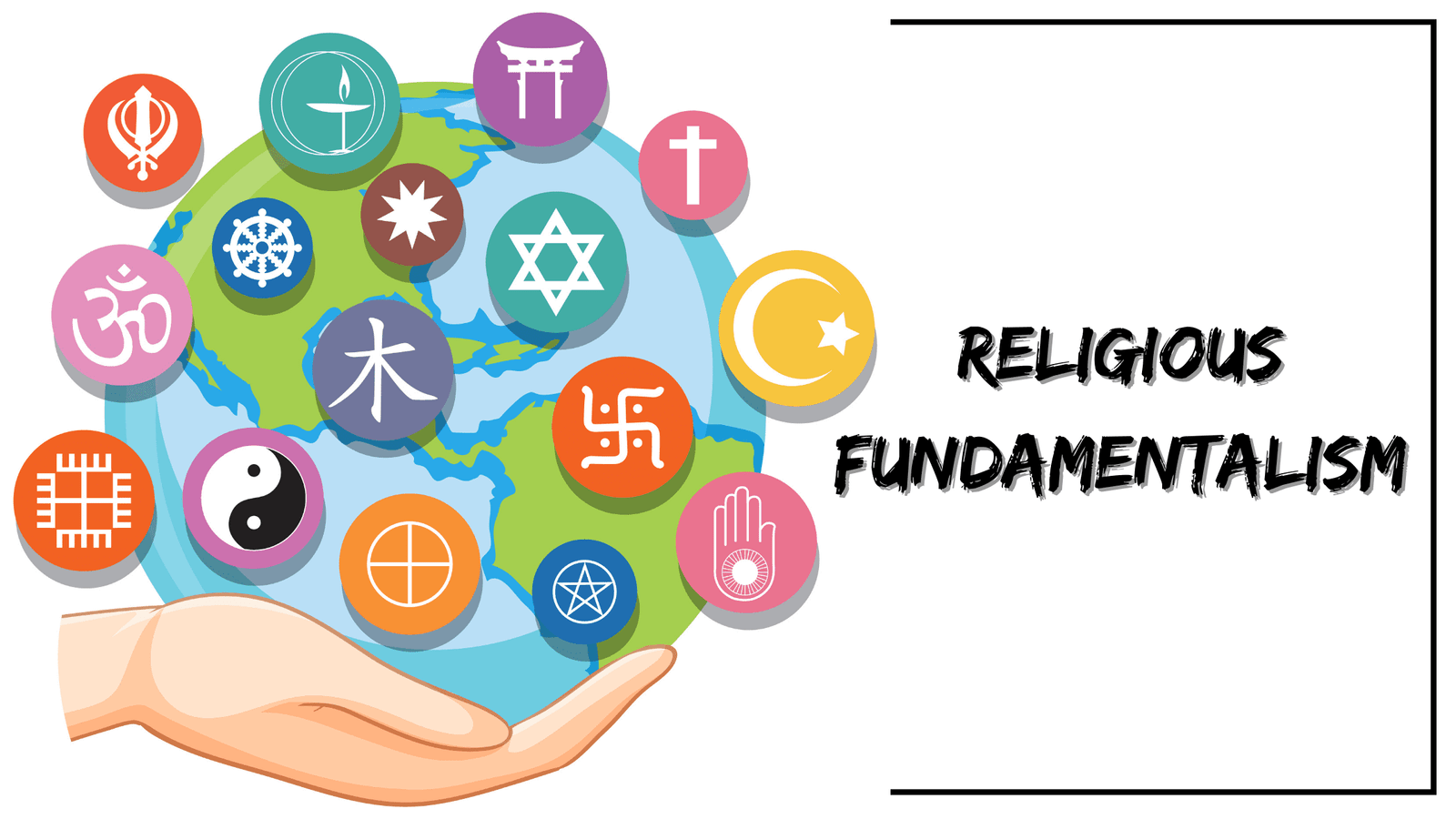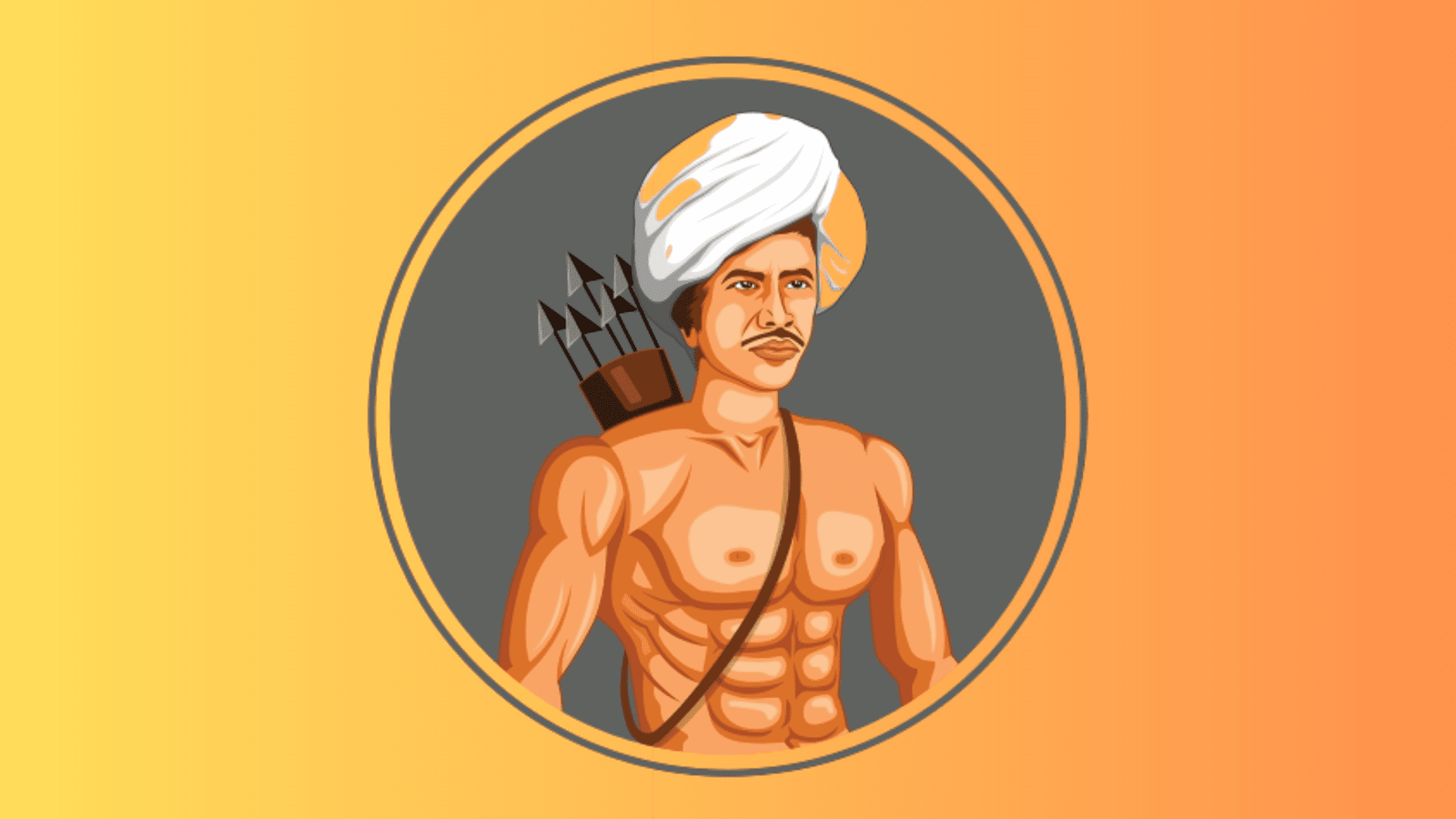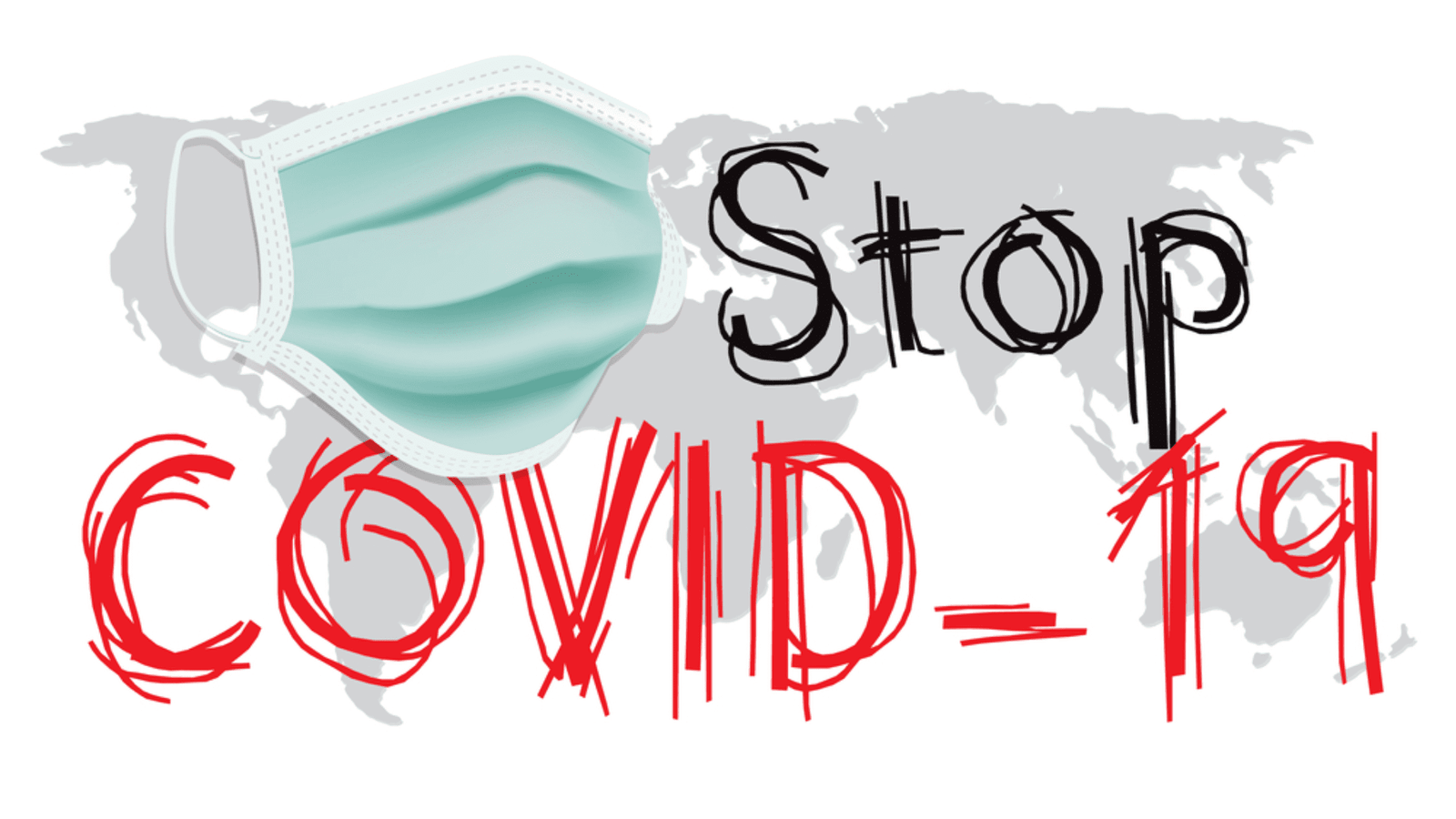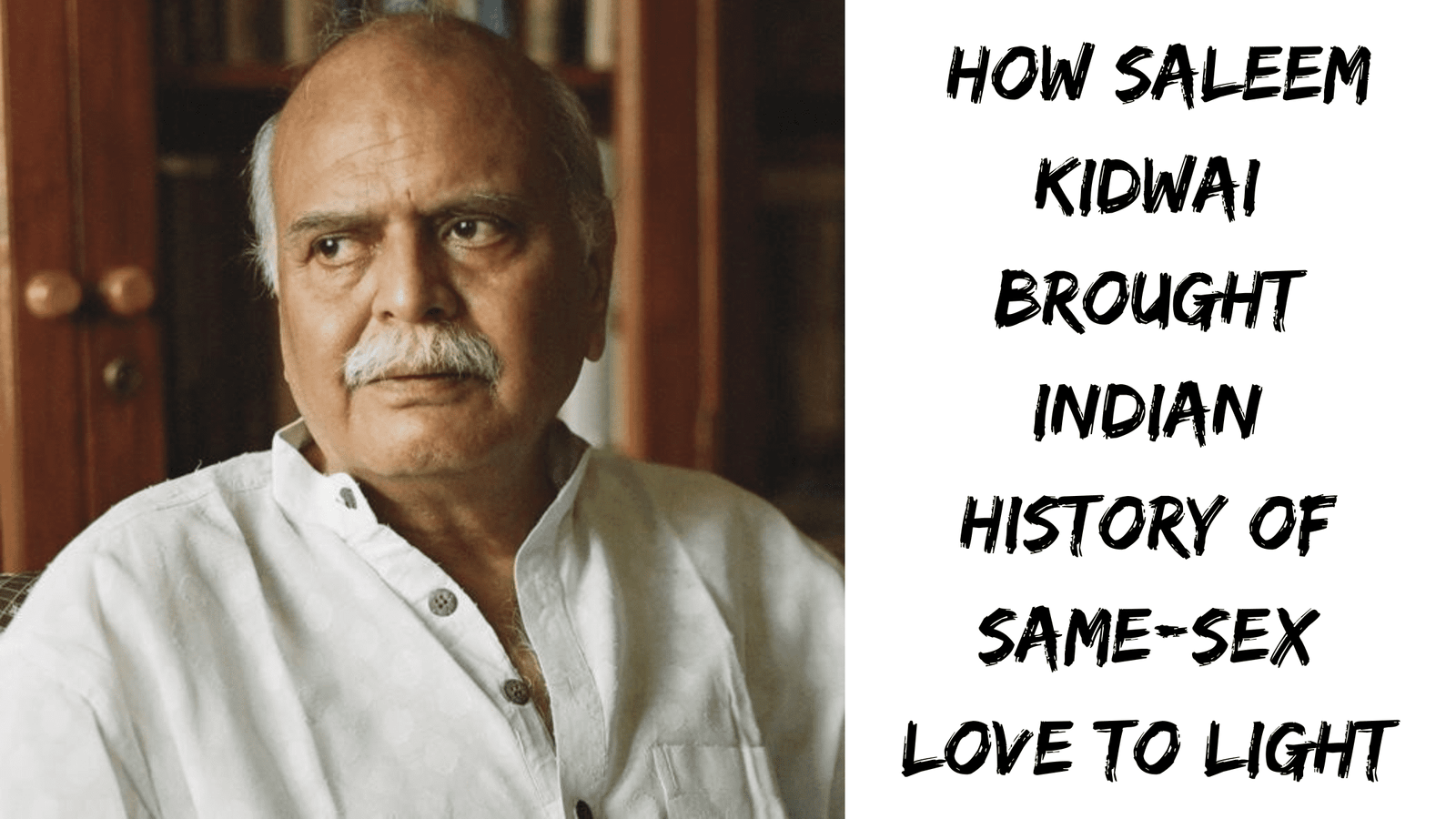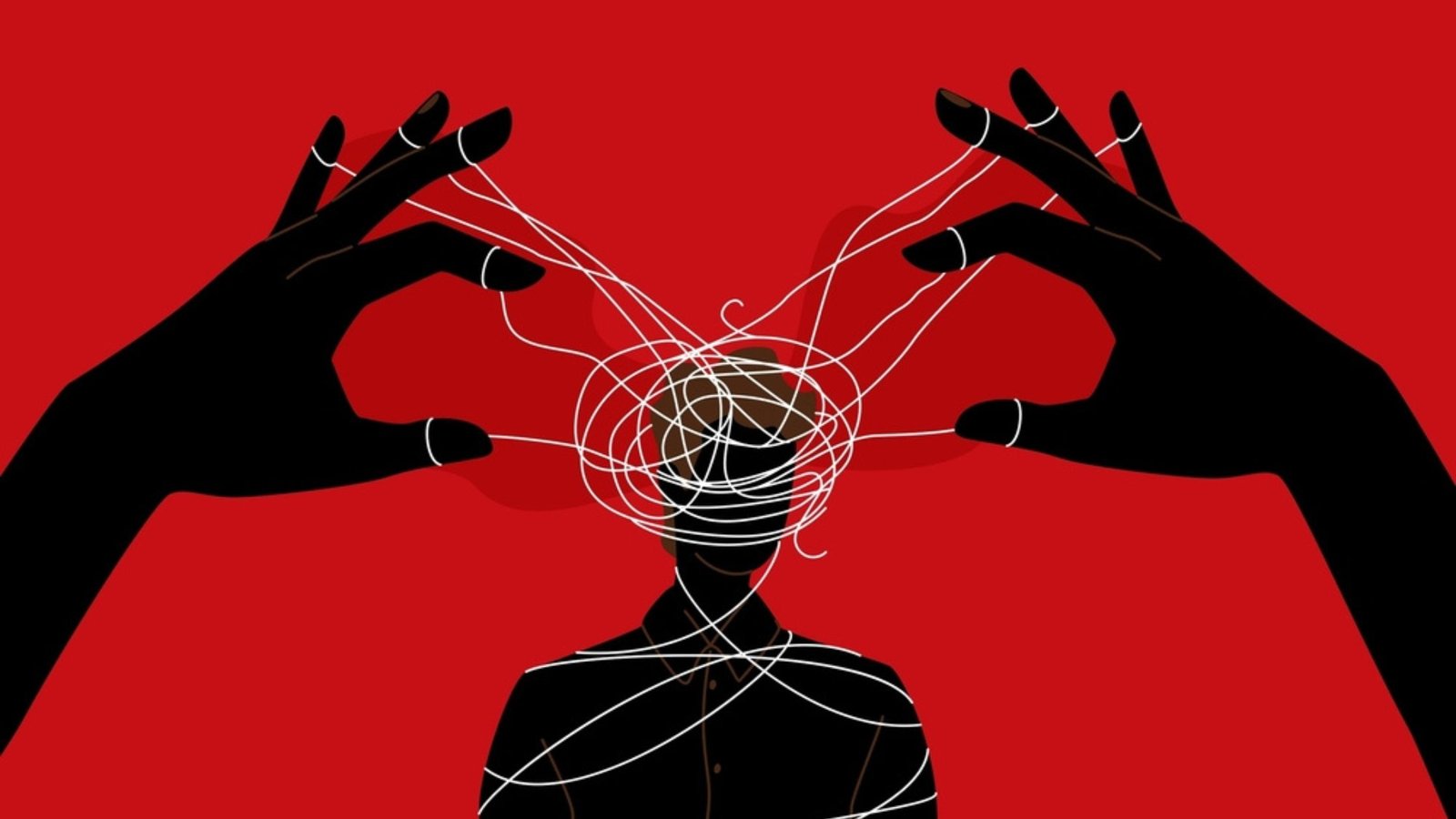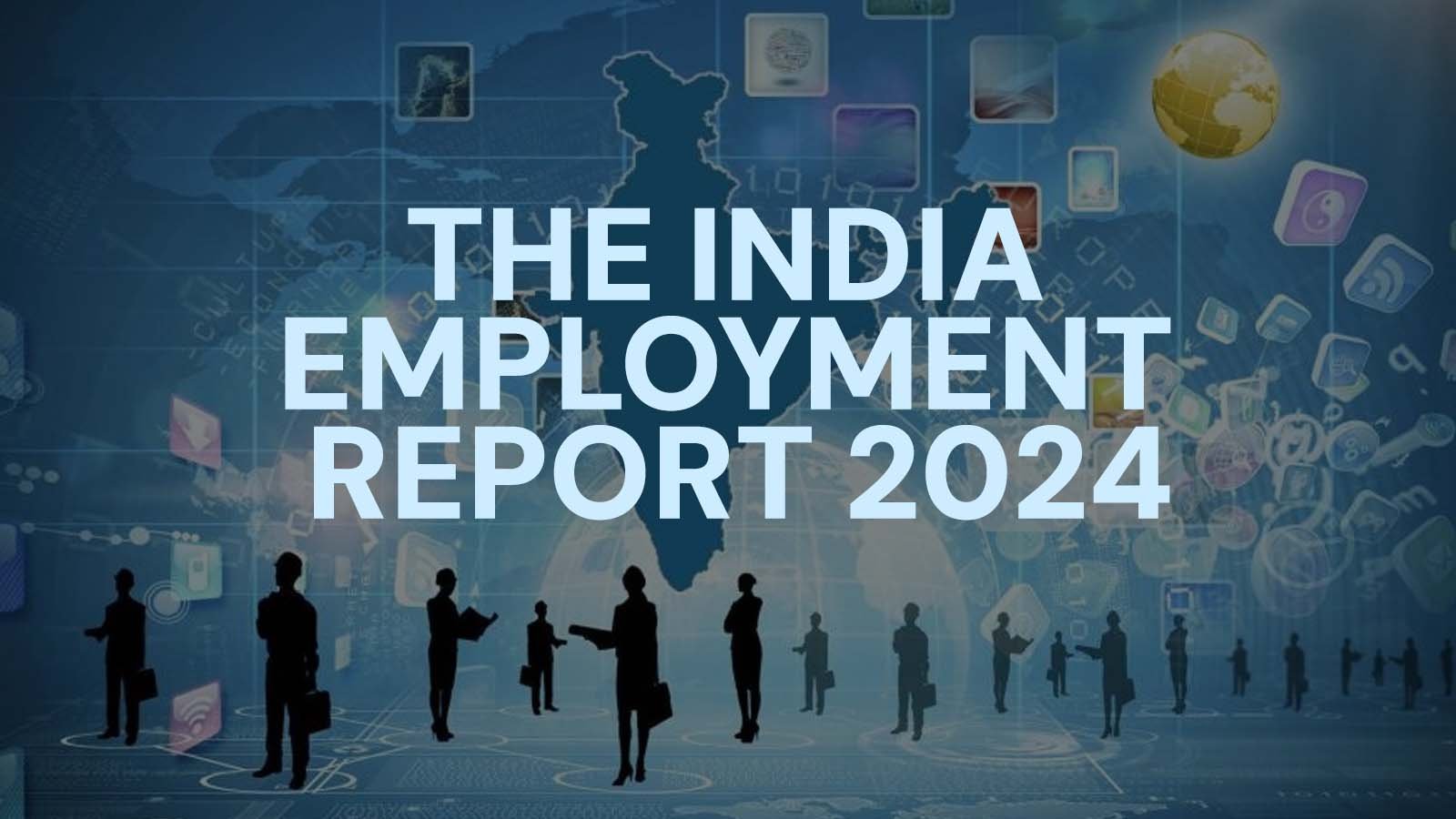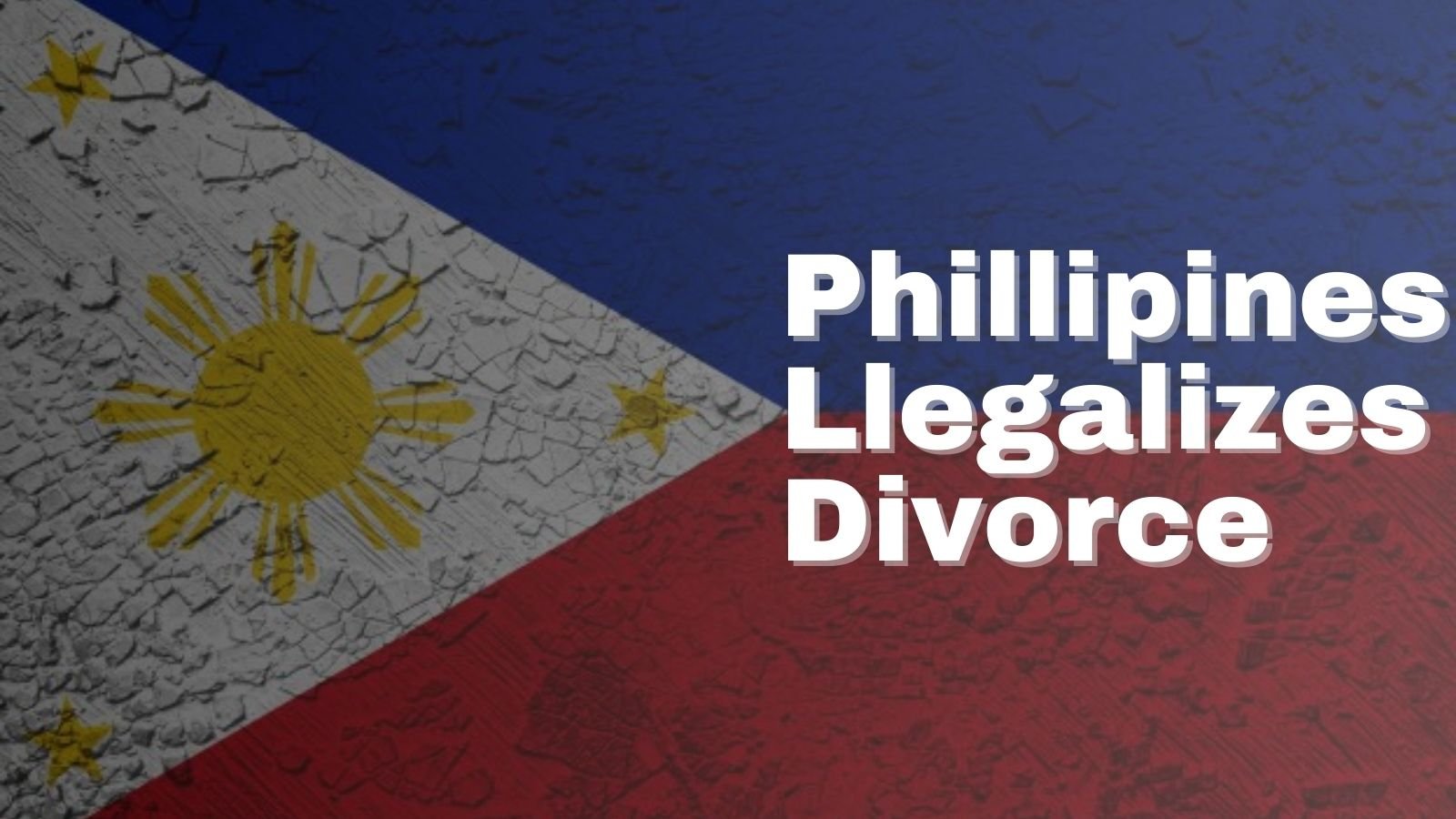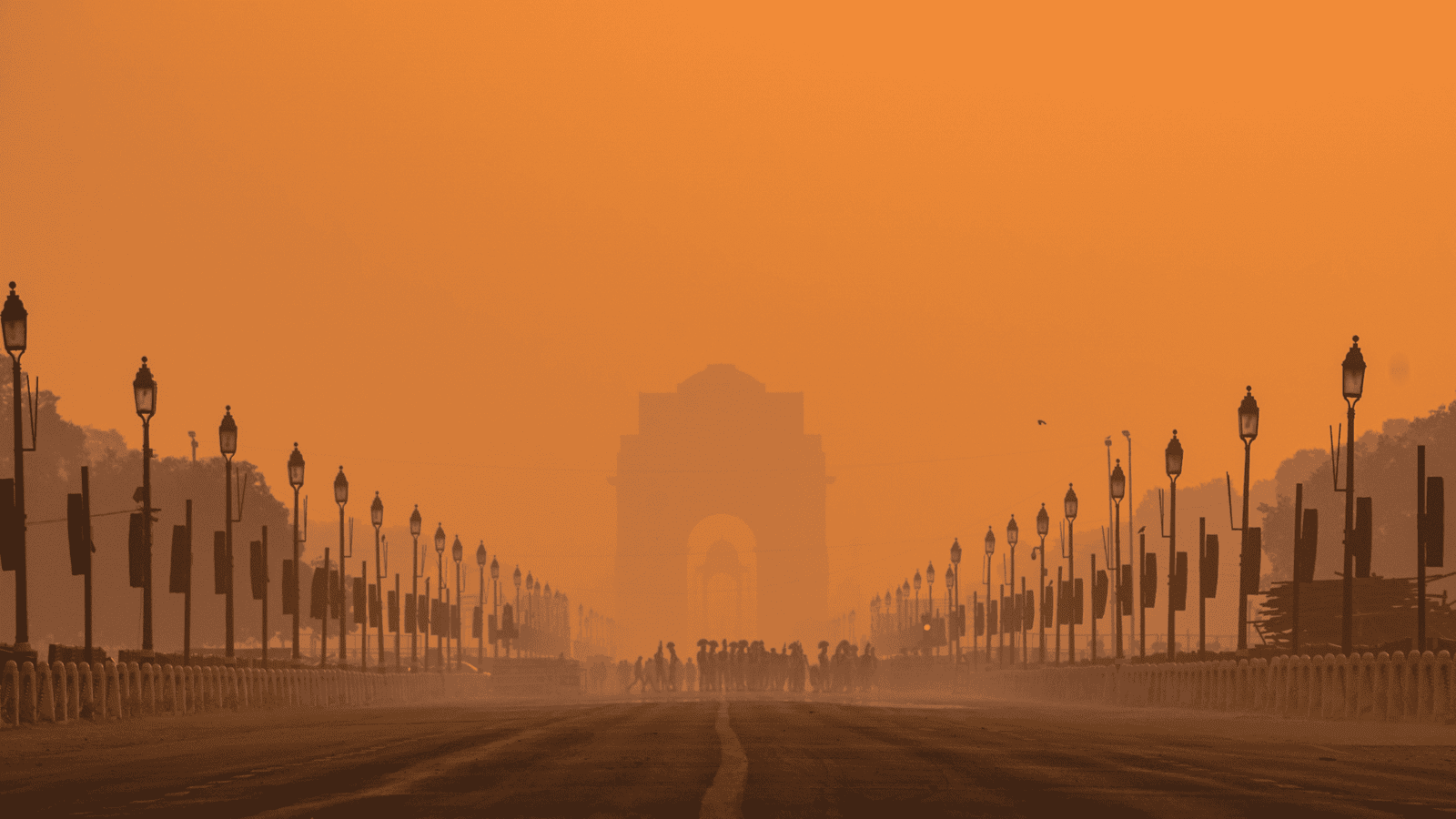
India's cultural rightists lately have been doubling down on the narrative of India being a civilizational state. For instance, Santishree Dhulipudi Pandit, the Jawaharlal Nehru University vice-chancellor, has said that India is a "civilization state" and should not be reduced to a civic nation bound by the Constitution. Few will quibble with the virtues of India's ancient civilization. Mahatma Gandhi, for example, writing in Hind Swaraj contrasted the Indian civilization which elevated "the moral being" with the vacuous modern civilization fuelled by the West's imperial and colonial instincts to bolster bodily comfort.
However, as political scientist Amitav Acharya reminds us, Indian civilization is very eclectic, not homogenous. On the one hand, our freedom fighters, from Mahatma Gandhi to Bhagat Singh, and from Subhash Chandra Bose to Jawaharlal Nehru, notwithstanding their differences, articulated India's civilization in inclusive and pluralistic terms. On the other hand, Indian cultural rightists enunciate India's civilization as a tale of pure Hindu culture. The story goes that this pristine Hindu culture was contaminated by the cultural 'other' i.e. the barbaric Muslim invaders, followed by Christian missionaries, and now the time has come to restore Hindu civilizational glory. This exclusionary civilizational narrative is oblivious of India's rich syncretic culture nursed by the teachings of Guru Nanak, nourished by the poetry of Amir Khusro, Mirza Ghalib and Kabir Das, and cultivated by the devotional songs of Mirabai. The cultural rightists ignore the fact that Hindus, Muslims, Sikhs, and Christians toiled against British imperialism shoulder-to-shoulder. It also whitewashes uncomfortable truths such as the oppression of women and marginalized communities in ancient India.
Describing India in these exclusionary and ethnic civilizational terms amplifies society's fault lines, exacerbates existing prejudices, and widens social fissures. It comes tantalizingly close to Samuel Huntington's deeply contentious thesis of the clash of civilizations by giving credence to the argument that the enduring and invariable core of all civilizations is religious. Accordingly, if Christianity defines the West, then India is defined by Hinduism. Thus, nothing should come in the way of the pursuit of India's 'Hindu' civilizational ethos including the checks and balances imposed by values enshrined in the Indian Constitution.
Such a parochial description of India that weaponizes culture leads to the othering of religious minorities. It not only causes an upheaval in India's constitutional landscape through practices and laws that institutionalize the process of othering but also has the potential to undermine India's international law obligations. Let us understand how through some specific examples.
First, there is an all-round eagerness in India to deport Muslim Rohingya refugees, who are perceived as a national security threat, to Myanmar. The Supreme Court in the Mohammad Salimullah vs Union Of India ruled in favour of such deportation. However, such deportation is a violation of the customary international law principle of non-refoulment, which prohibits a country from returning refugees to countries where they face a clear threat of persecution. The International Court of Justice has recognized the persecution of Rohingya Muslims in Myanmar in The Gambia v. Myanmar case.
Second, we see a growing trend of using State bulldozers to demolish the houses of Muslims as a kind of collective punishment for alleged rioting or other such acts without following the due process of law. This kind of state action violates the international human rights law regarding the right to housing recognized by Article 11.1 of the International Covenant on Economic, Social and Cultural Rights. Besides, international law also prohibits arbitrary interference in an individual's right to property. For instance, Article 12 of the UDHR states that "no one shall be subjected to arbitrary interference with his privacy, family, home or correspondence, nor to attacks upon his honour and reputation". Article 12 also stipulates that "everyone has the right to the protection of the law against such interference or attacks".
This same right is also provided under Article 17 of the International Covenant on Civil and Political Rights (ICCPR) which further provides that everyone has the right to own property alone as well as in association with others, and that no one shall be arbitrarily deprived of his property.
Third, the Citizenship Amendment Act which aims to give Indian nationality to non-Muslim illegal migrants (mainly targeted at giving benefits to Hindu migrants) from Afghanistan, Bangladesh, and Pakistan, who came to India due to religious persecution, potentially violates the non-discrimination principle in human rights covenants like the ICCPR.
Fourth, multiple states have enacted laws to prohibit 'forceful' religious conversions including by marriage, also popularly known as 'love jihad' laws. According to these laws, any person who wishes to change her religion by marriage must give a 60-day notice to the State. The State will then conduct an inquiry into this conversion to see if it has been willingly done. This undue and arbitrary interference by the State, which could have the effect of dissuading marriage between interfaith couples, violates Article 16 of the Universal Declaration of Human Rights which recognizes the right to marry "without any limitation due to race, nationality or religion".
While it is true that historically the growth of international law was fuelled by European civilizing missions that took the form of imperialism and colonialism, what cannot be denied is that today's international law recognizes certain universal values, especially in human rights. The narrative of a civilizational state rooted in ethnicity and religion, and aimed at achieving mythical civilizational greatness, poses a threat to these human rights. Portraying India as a Hindu civilizational state should be resisted because it not only vitiates the core constitutional ideals, but also undermines India's commitment to a liberal international legal order.
Rather our inclusive freedom struggle followed by a liberal Constitution - the Magna Carta of our Republic - marks the institutionalization of our inclusive and secular civilizational values. Our allegiance should thus be only to the Constitution and not to some abstract civilizational standard.
Civilization state
A civilization state is a country that represents not just a historical territory, ethnolinguistic group, or body of governance, but a unique civilization in its own right. It is distinguished from the concept of a nation state by describing a country's dominant sociopolitical modes as constituting a category larger than a single nation. When classifying states as civilization states, emphasis is often placed on a country's historical continuity and cultural unity across a large geographic region.
The term was first coined in the 1990s as a way to describe China, but has also been used to describe nations such as Egypt, Russia, India, Turkey, and the United States.
The term "civilization-state" was first used by scholars in the 1990s to categorize China as having a distinct sociopolitical character, as opposed to viewing it as a nation state in the European model. The use of this new term implies that China was and still is an "empire state" with a unique political tradition and governmental structure, and its proponents asserted that the nation state model fails to properly describe the evolution of the Chinese state. Proponents of the label describe China as having a unique historical and cultural unity, derived from a continuous process of cultural syncretism. The term was further popularized by its use in When China Rules the World by Martin Jacques.
According to Li Xing and Timothy Shaw, the central feature of analyzing China as a civilization state is the view that the Chinese state derives its legitimacy from the continuation of a sociopolitical order which posits that the state maintains natural authority over its subjects, and that it is the "guardian" of both its citizens and their society, a view of the state that is completely distinct from the Westphalian nation-state model. Other scholars make the case that the key features of a civilization-state are the maintenance of an ethos of cultural unity despite displaying significant cultural diversity, across centuries of history and a large geographic space. Some specifically draw attention to the longevity of the Chinese writing system, or describe China's existence as being uniquely and inexorably tied to the past.
Guang Xia pushes back on the idea of the uniqueness of a Chinese civilization-state. Xia argues that civilization-state discourse in China studies is an important and positive development, as it allows for characteristics of the modern Chinese state to be properly analyzed in the context of their history. However, Xia concludes that ultimately, all civilizations must reinvent themselves in the context of their history, and that it is a mistake to view China as a static entity or to portray it as being more tied to its past than the rest of the world.
Other proposed civilization states
Egypt
By creating a civilizational continuation between ancient Egypt and contemporary Egypt with its Muslim characteristics, Egypt is another example of a civilization state that centers its continuous historical and cultural identity and tradition that contrast the West's global cultural dominance.
India
India has been proposed as an example of a civilization state, with political commentators arguing that a shared Indian identity predates British colonization and Islamic invasions.
Russia Vladimir Putin's administration has at times embraced the rhetoric of portraying Russia as a distinct Eurasian civilization-state.Criticisms of civilization states
Journalist Gideon Rachman argued in 2019 that the concept of a civilization state is at odds with modern conceptions of universal human rights and common democratic standards, and is inherently exclusive to minority groups who do not share the feature(s) that define a particular civilization state (for example, they may have a different religion)
